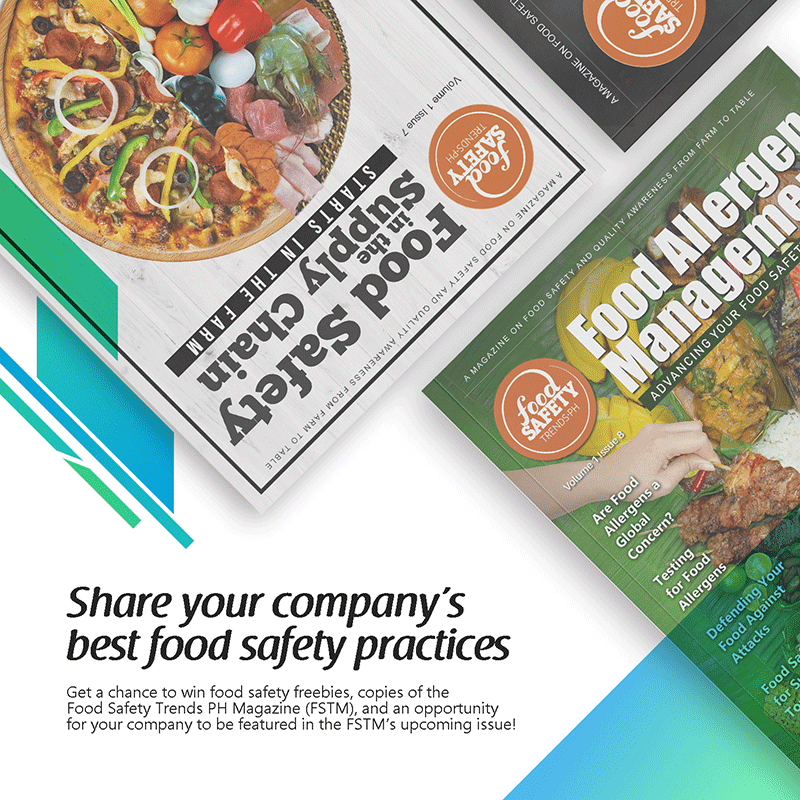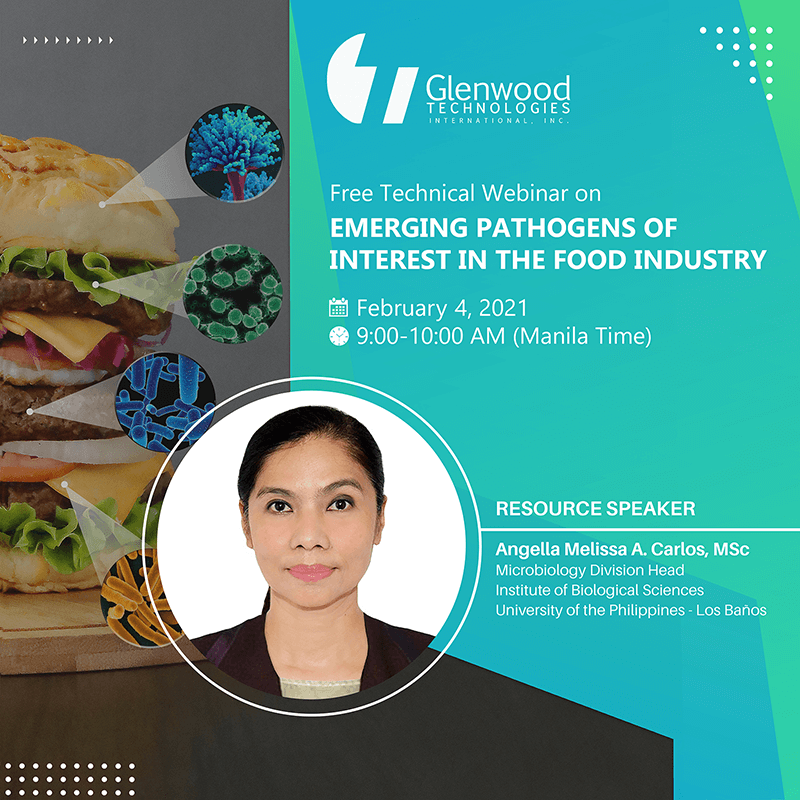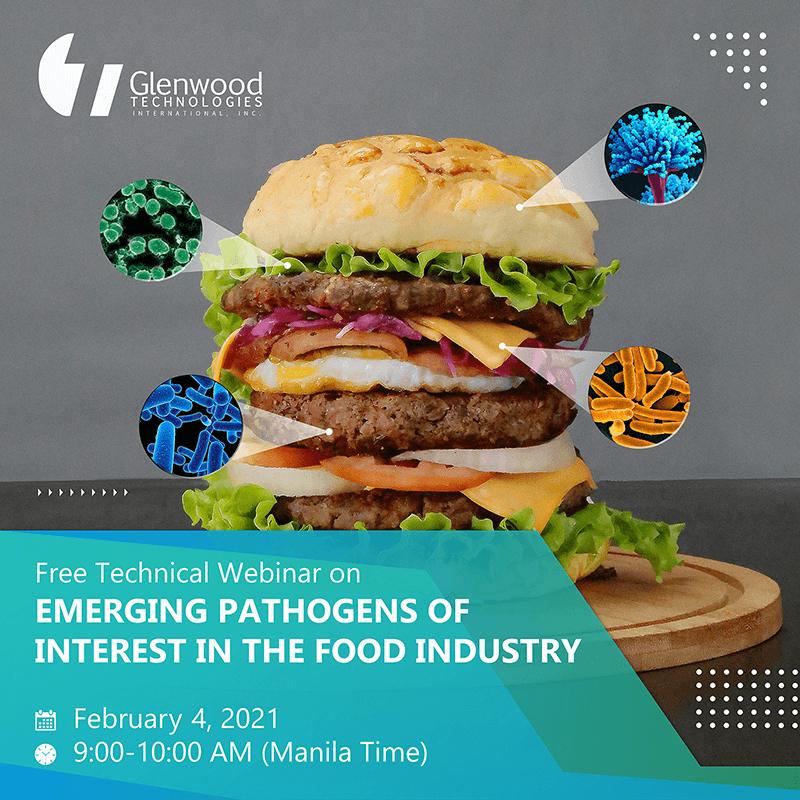December 22, 2023
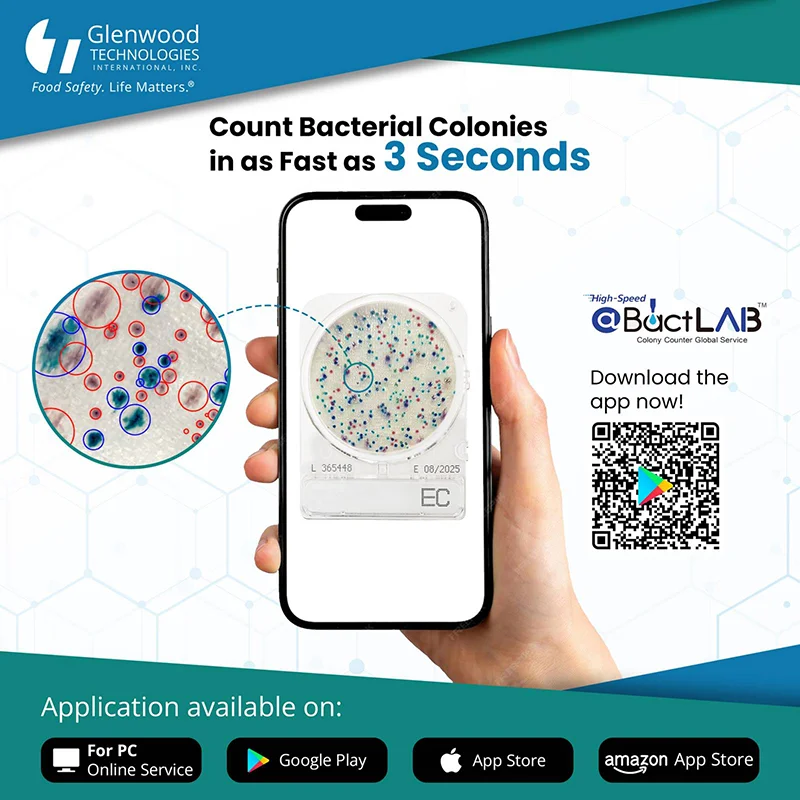
BactLAB™ is an app designed to accurately and automatically provide bacterial colony count on CompactDry® ready-to-use chromogenic media plates in as fast as 3 seconds. BactLAB™ eliminates the need for a dedicated colony counter with the use of a smart phone or tablet;
December 22, 2023

Happy Holidays, food safety ambassadors!
Thank you for another year of your unwavering support and partnership. Here’s to an even more prosperous year in promoting and strengthening the food safety culture in the Philippines!
December 22, 2023
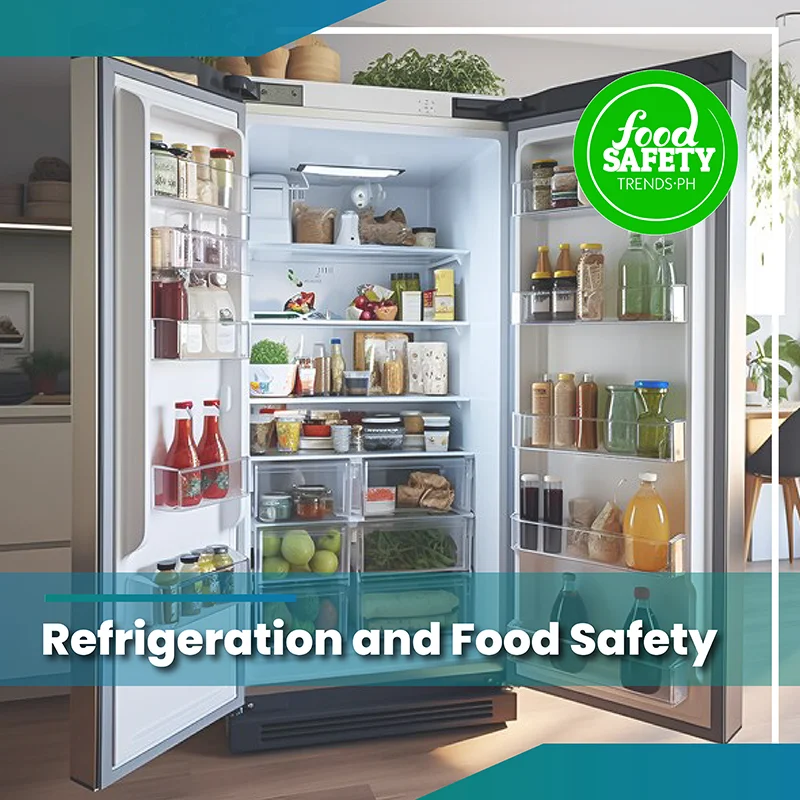
Refrigeration plays a large role in keeping your food safe, as it slows bacterial growth. A well-functioning refrigerator set at the right temperature will reduce the risk of bacterial contamination in stored foods. That is why it is important that food storage, especially in refrigerators and freezers, is properly monitored. Make sure to follow these tips from the US Food and Drug Administration (US FDA) to ensure the safety of your food:
December 22, 2023

The Christmas holidays are fast approaching! We’re all looking forward to having our favorite Noche Buena dishes, especially the sumptuous sweet and salty “hamon”. However, before you indulge in your favorite hamon, keep in mind that these hams vary in preparation and cooking requirements, as well as special food safety guidelines.
November 24, 2023
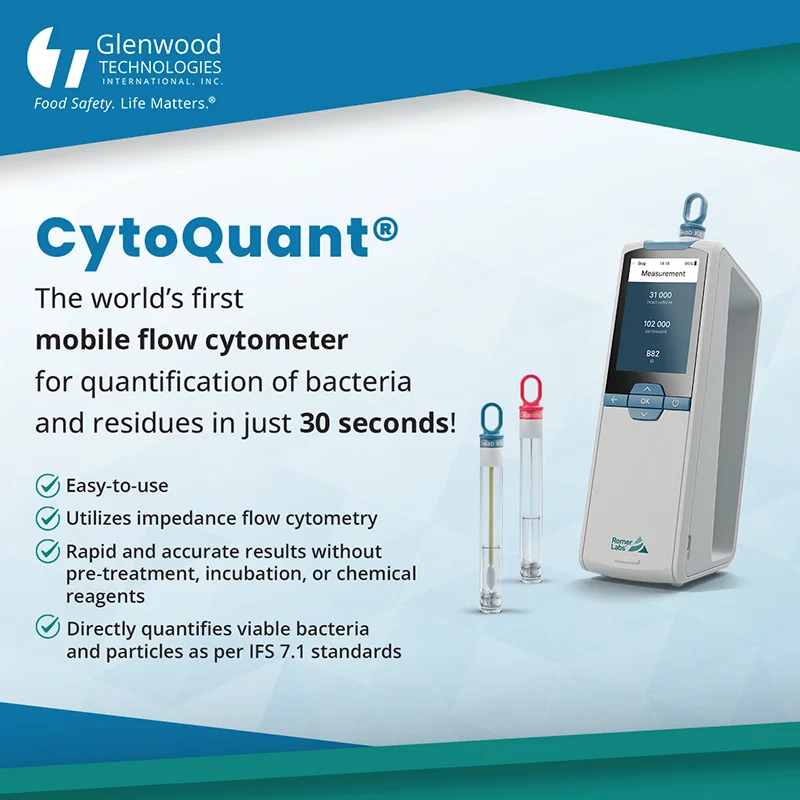
CytoQuant® revolutionizes the way we verify cleaning and utilizing procedures by providing immediate, on-site quantification of total viable bacteria and particles on surfaces. With its cutting-edge impedance-based detection and flow cytometry technology, CytoQuant® delivers rapid and accurate results without the need for pre-treatment, incubation, or chemical reagents.
June 9, 2023
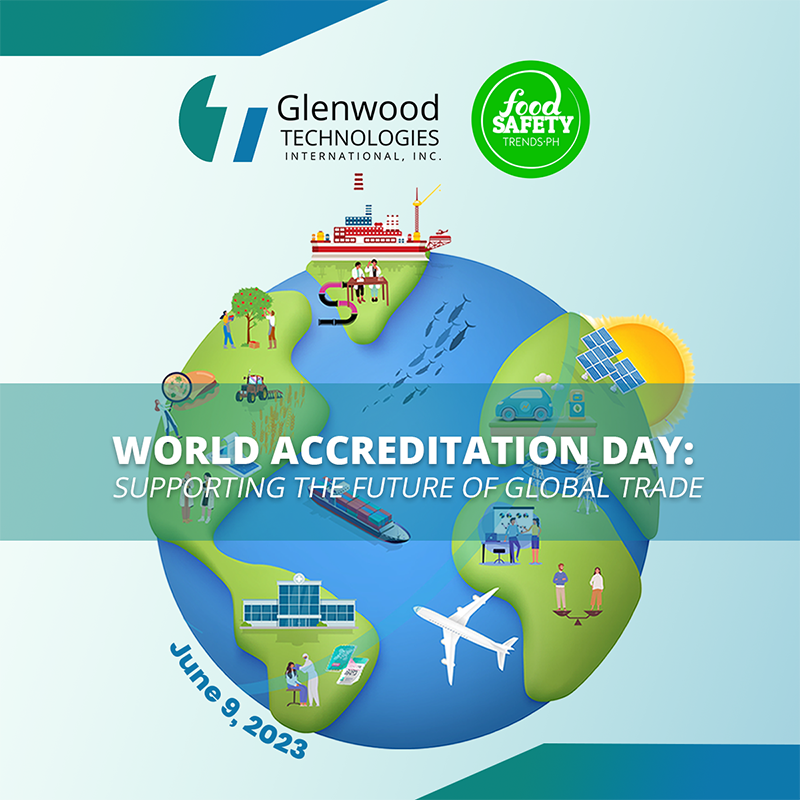
June 8, 2023
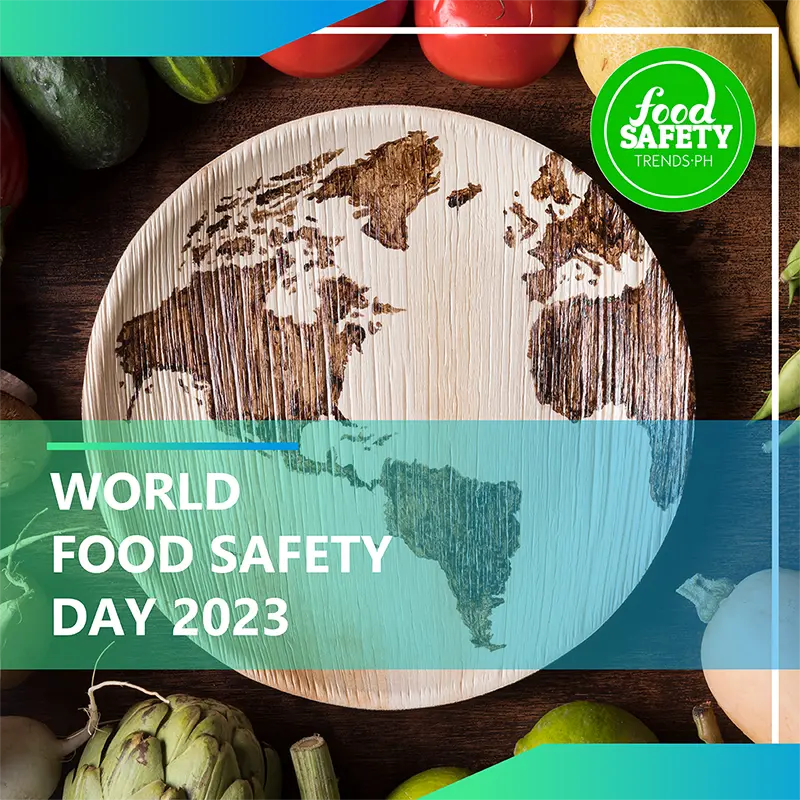
May 18, 2023
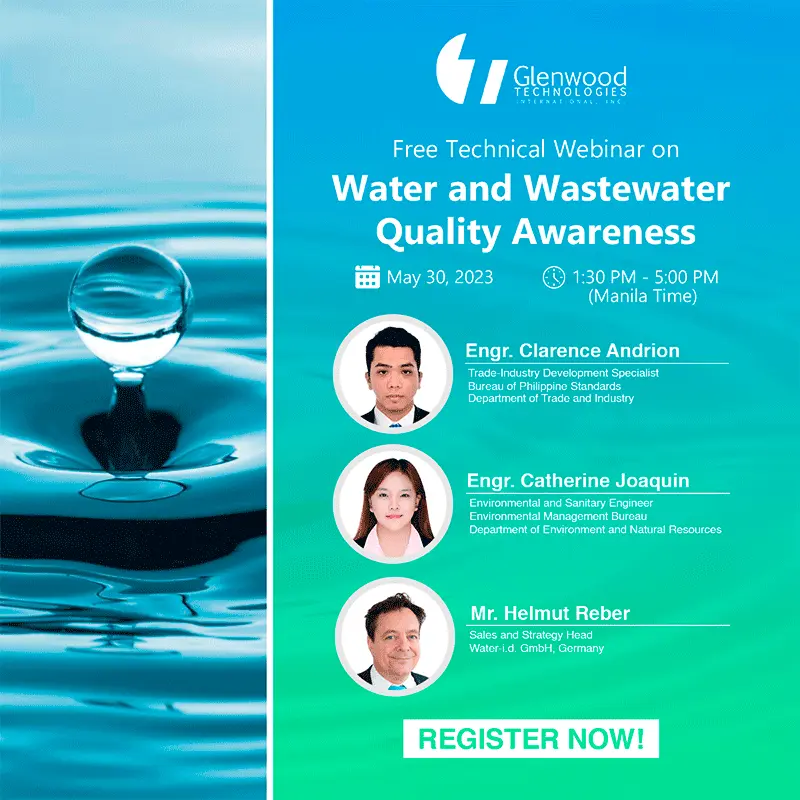
Join our free technical webinar and gain valuable knowledge from three industry experts on water and wastewater quality!
May 18, 2023
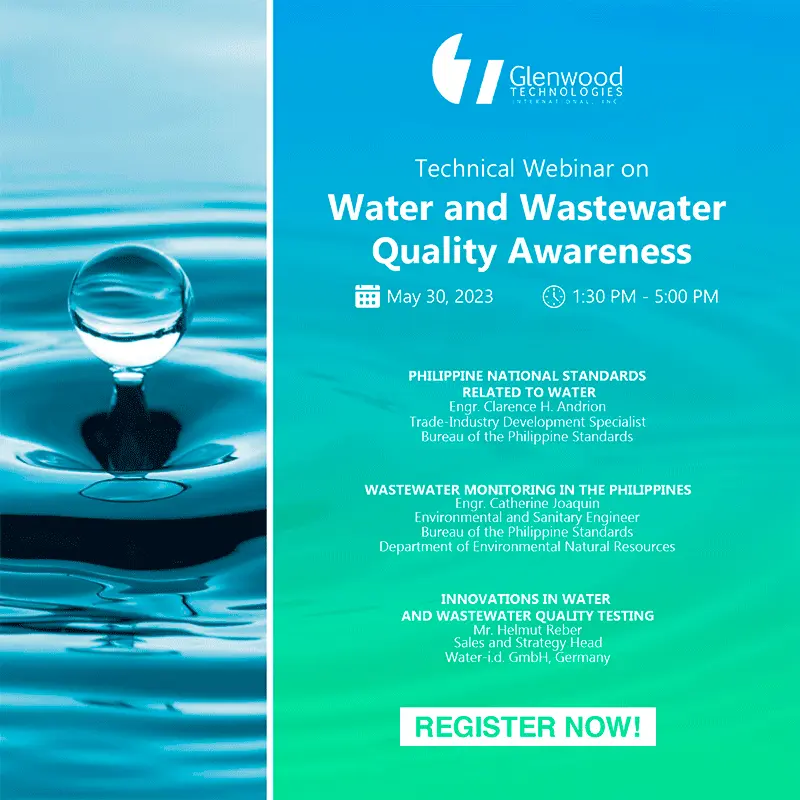
WEBINAR ALERT: Join us for an immersive dive in water and wastewater quality!
April 28, 2023

It's summertime, and the heat is on! This season is perfect for outdoor picnics and gatherings with your loved ones, but it's important to remember that warm weather can also lead to faster bacterial growth in food, which can cause foodborne illnesses. To ensure your safety and that of your companions, we've got you covered with some useful food safety tips.
April 4, 2023
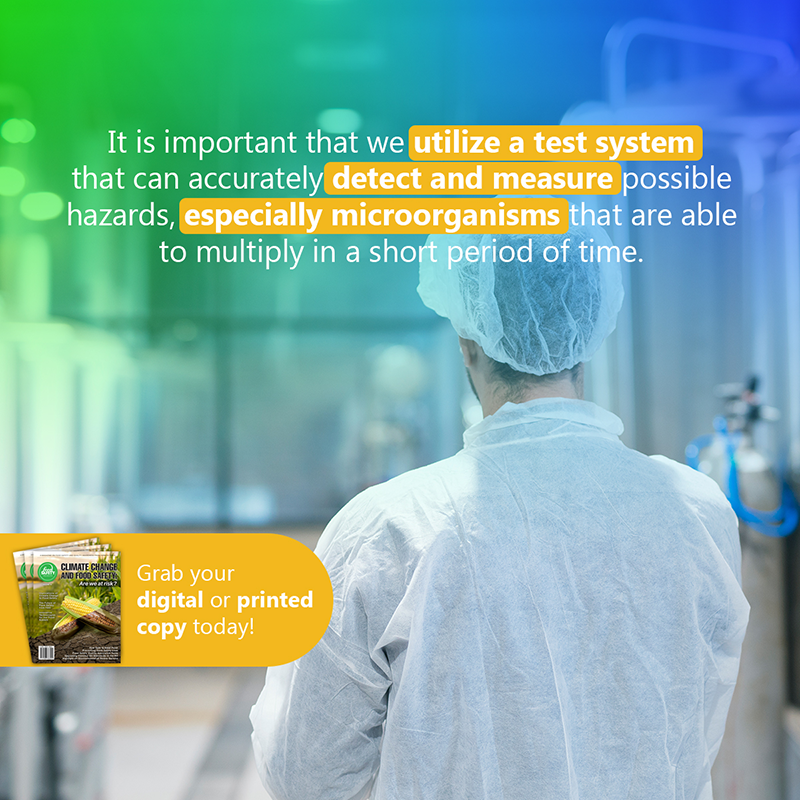
“It is important that we utilize a test system that can accurately detect and measure possible hazards, especially microorganisms that are able to multiply in a short period of time.
March 16, 2023

Looking for a photometer for your water quality testing needs?
March 14, 2023
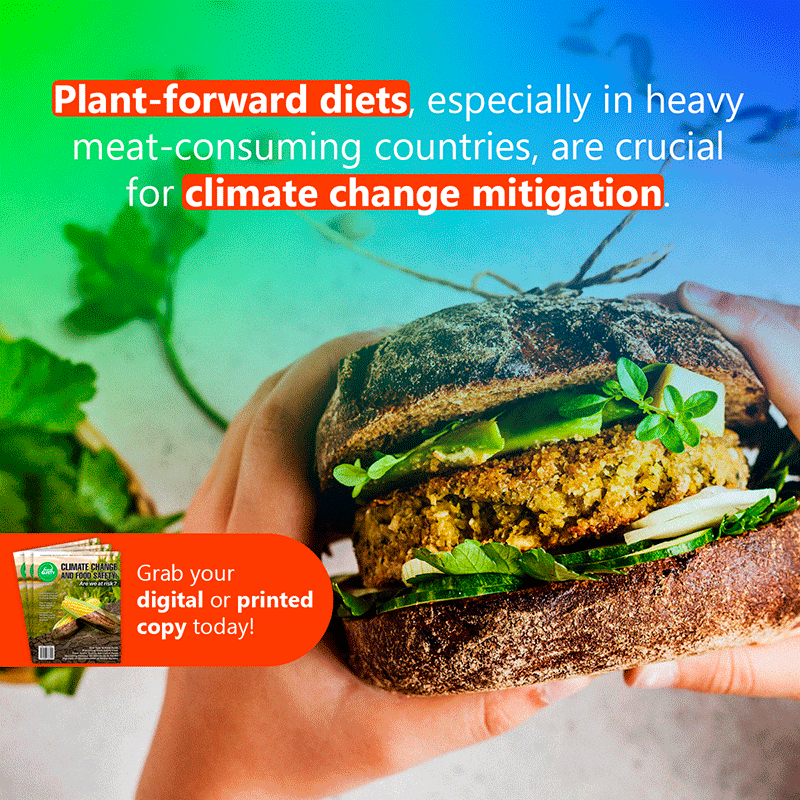
Meat alternatives are advocated as a remedy to environmental, animal welfare, and public health problems linked with farmed meat production and consumption. Plant-forward diets, especially in heavy meat-consuming countries, are crucial for climate change mitigation.
March 14, 2023
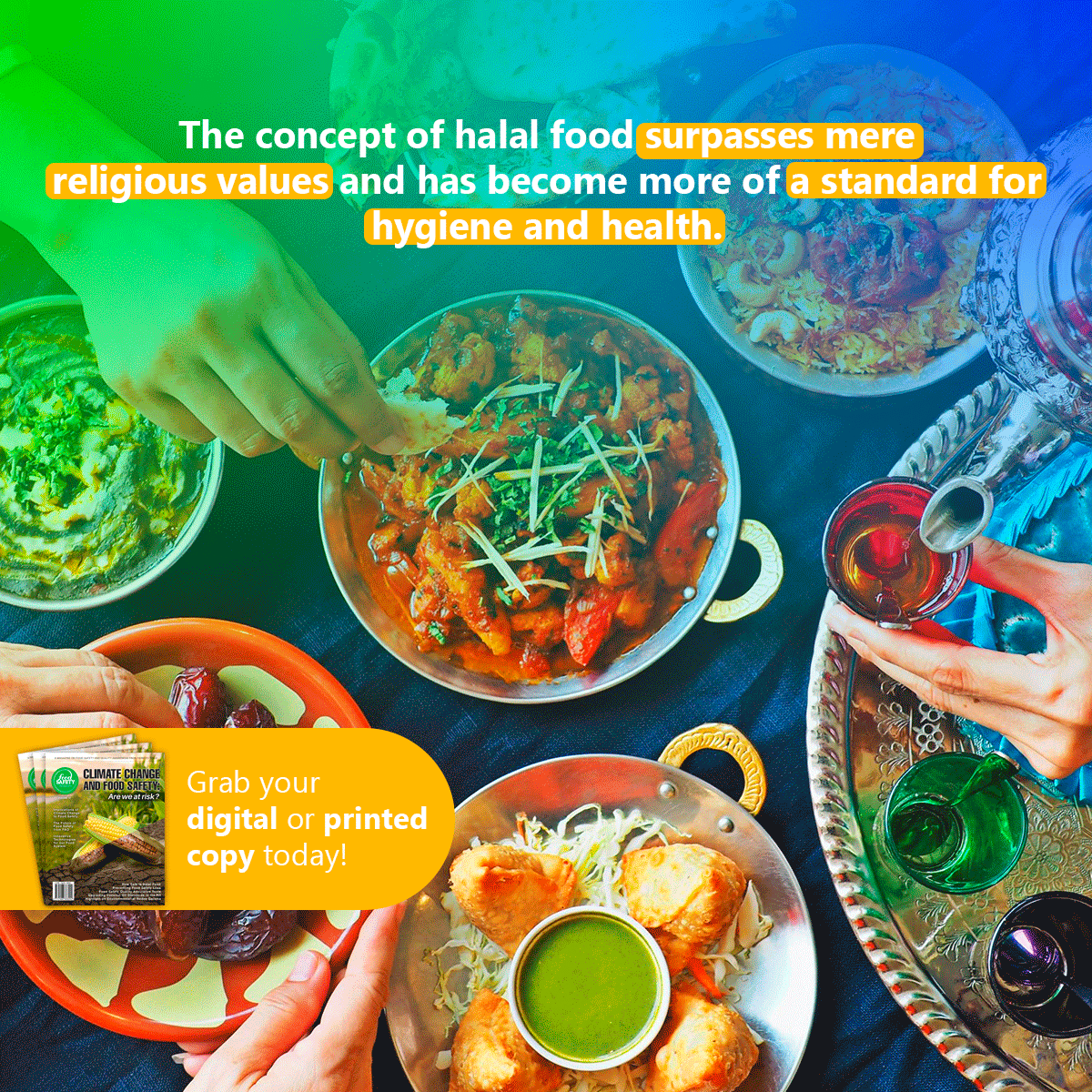
Today, many Filipinos have become cautious in their choice of foods and drinks, hence, halal-certified products have become a good alternative. With the increasing number of Muslim and non-Muslim consumers in the global market, the demand for halal-certified products has also increased.
February 15, 2023
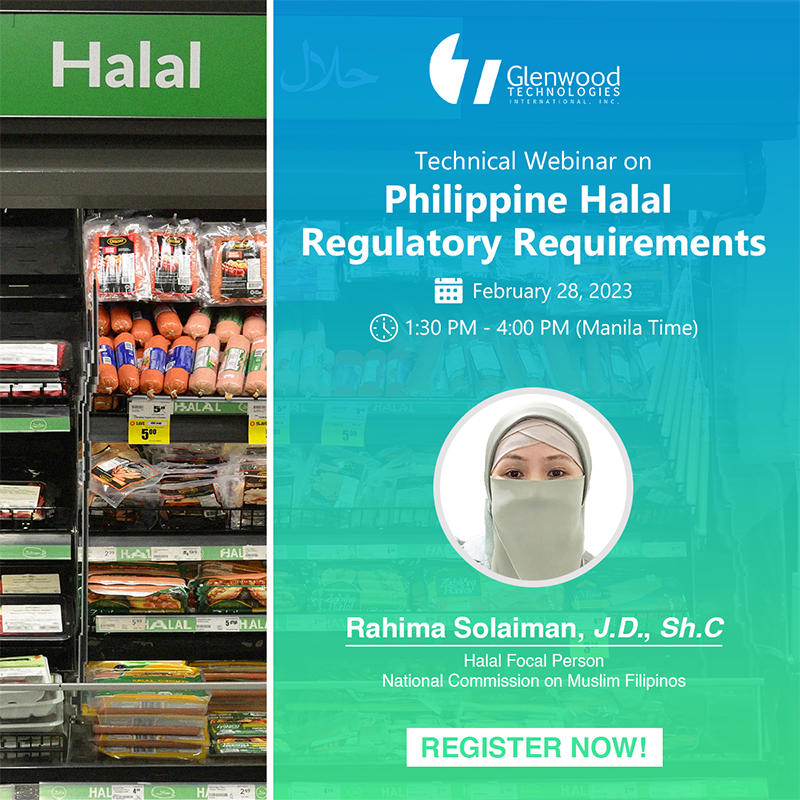
How well do you know the Philippine Halal Regulations?
Halal foods are compliant with the Islamic dietary laws. Muslims are prohibited from consuming food that contains pork and pork by-products, alcohol, and animals that were improperly slaughtered.
January 31, 2023
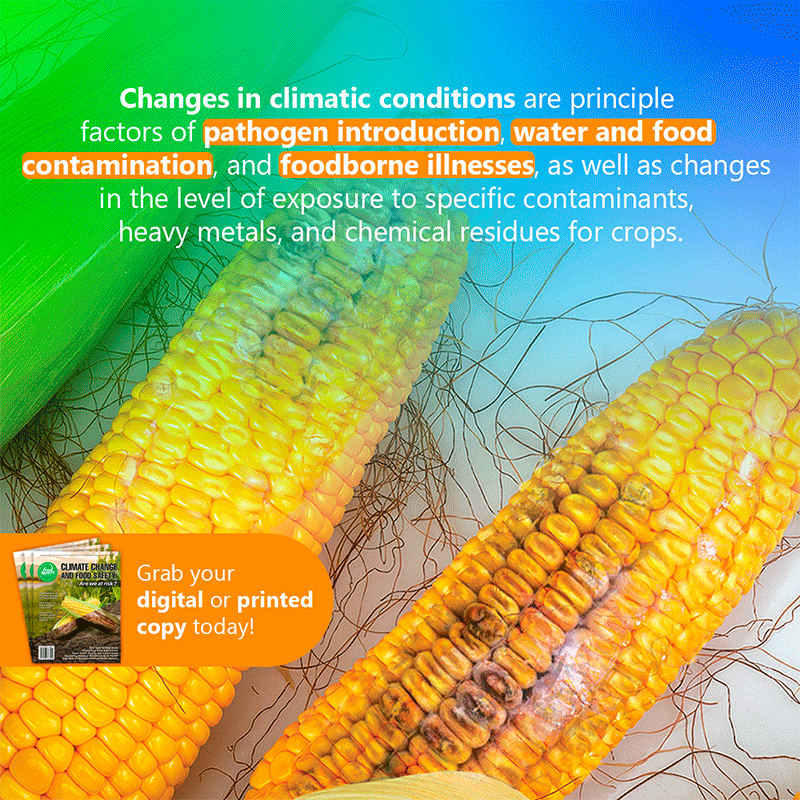
“Climate change did not spare the safety of consumers from its effects. The safety of food has been compromised with incidents such as food becoming spoiled earlier than expected; fruits already becoming moldy a few days after purchase; and vegetables rotting faster than usual. These encounters are mostly due to poor storage conditions which are highly affected by changes in environment temperature.
January 25, 2023
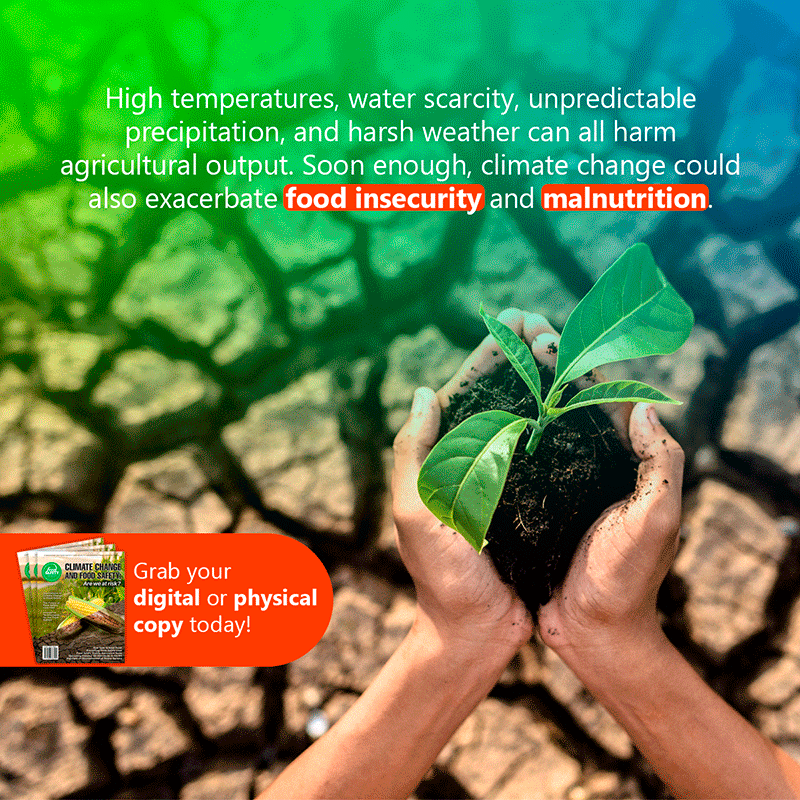
The 1992 UN Conference on Environment and Development (Earth Summit) addressed climate change issues and coordinated international efforts. The Earth Summit pledged to reduce natural resource risks and promote reducing greenhouse gas emissions. In 2015, all Paris Agreement countries were also required to present climate action plans at the conference.
December 28, 2022

The Holiday season is frequently associated with parties, and because these events typically involve food, several food safety hazards can be present. Foodborne diseases, commonly known as food poisoning
August 31, 2022
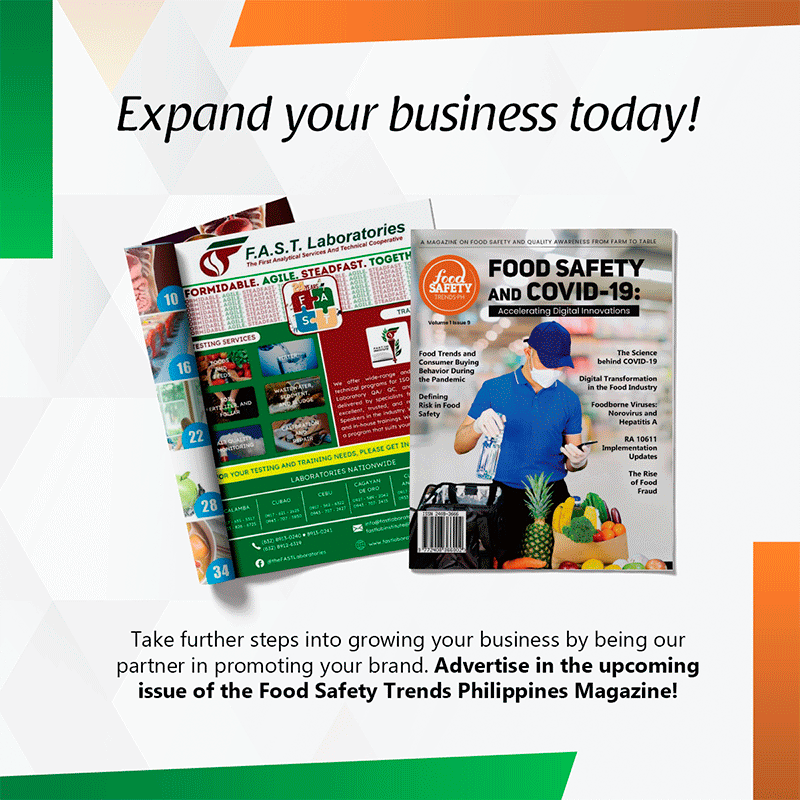
Increase your brand awareness in food manufacturing and related industries by advertising in the upcoming issue of the Food Safety Trends PH Magazine!
August 19, 2022
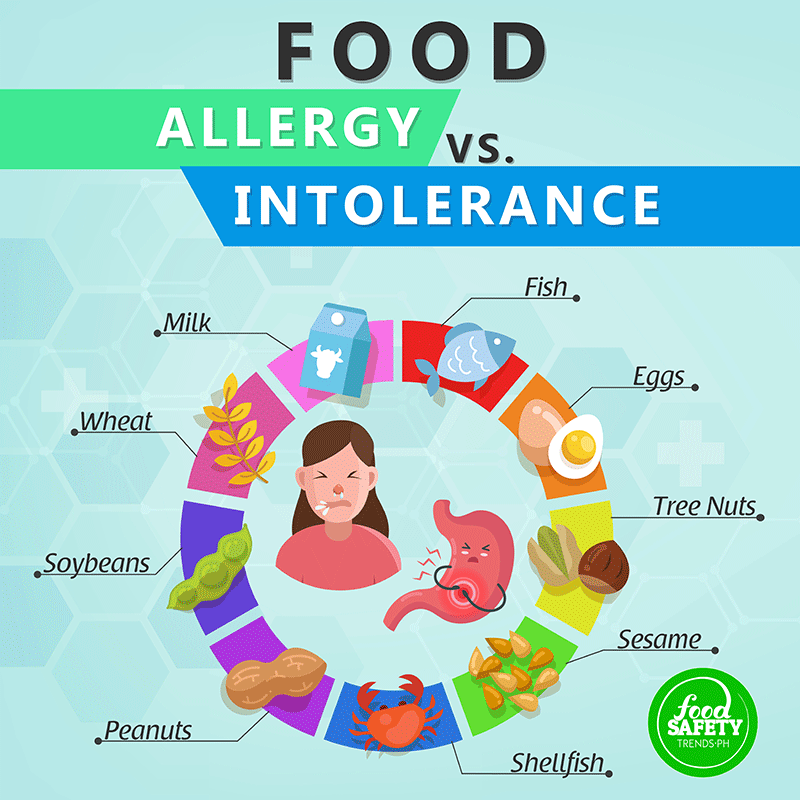
How can you manage food allergens in your facility and ensure that there will be no cross-contamination between common food allergens and non-allergen containing products?
August 19, 2022
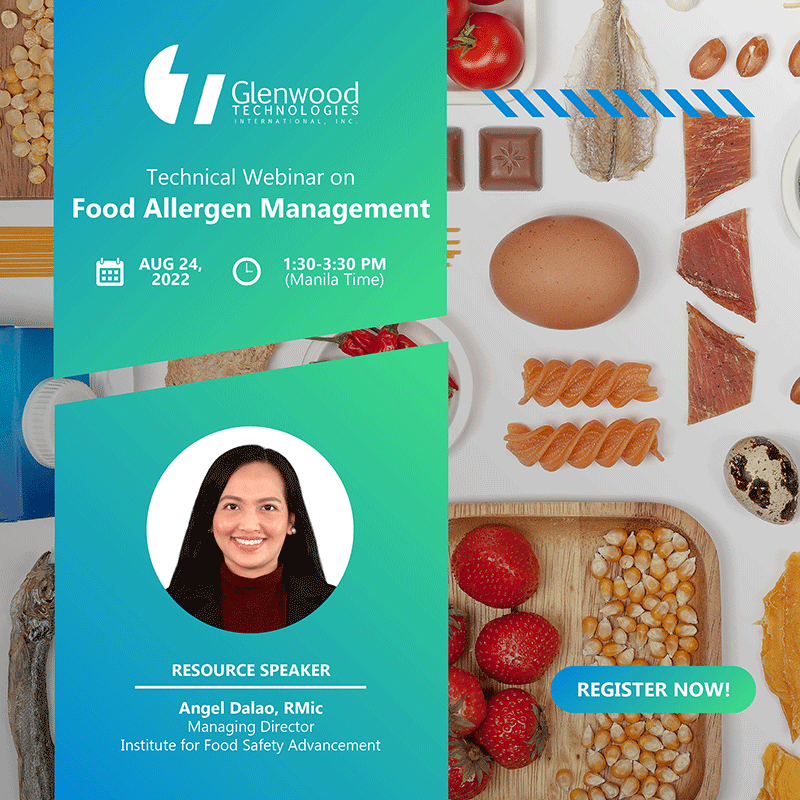
How can you manage food allergens in your facility and ensure that there will be no cross-contamination between common food allergens and non-allergen containing products?
July 18, 2022
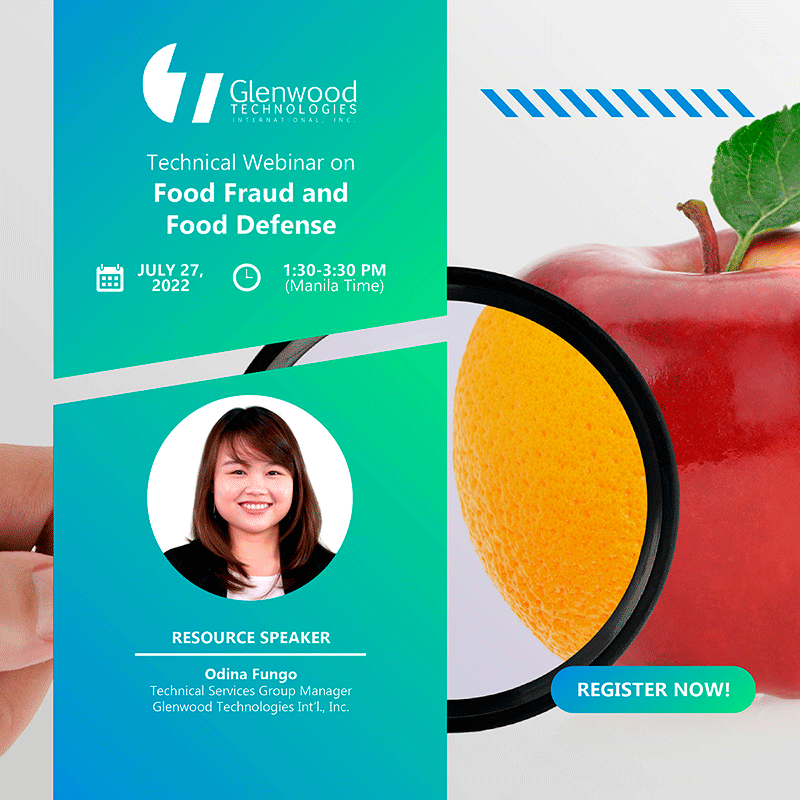
How can food fraud and adulteration in the food supply chain be addressed?
April 18, 2022
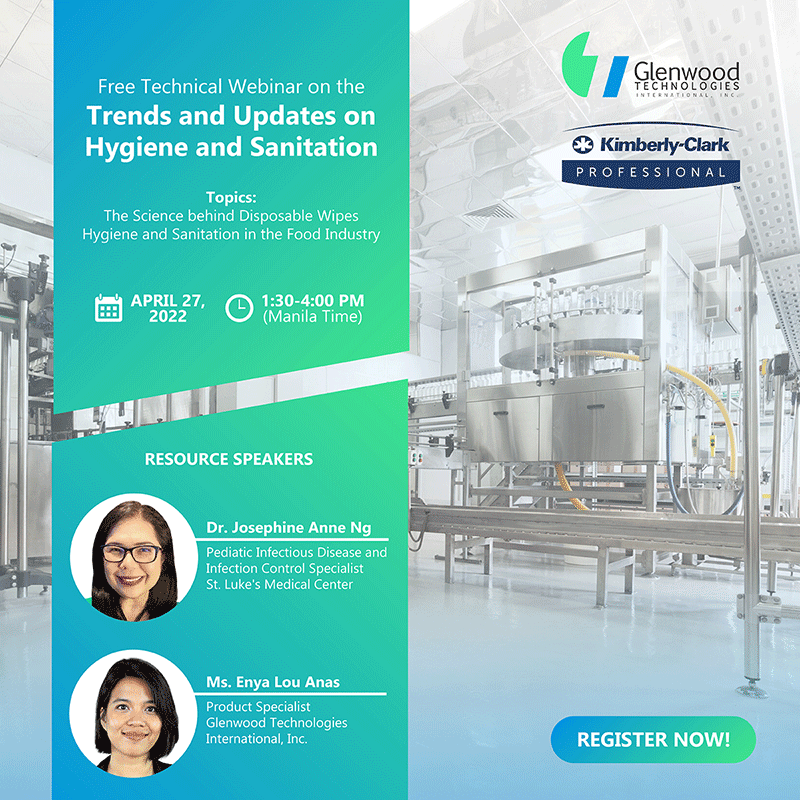
Join us on this FREE special technical webinar on Hygiene and Sanitation in partnership with Kimberly-Clark Professional Philippines! Learn the Science behind Disposable Wipes from Dr. Josephine Anne N. Ng, Pediatric Infectious Disease and Infection Control Specialist, and be updated on the trends and updates on Hygiene and Sanitation in the Food Industry from Ms. Enya Lou Anas, Product Specialist of Glenwood Technologies International, Inc.
March 18, 2022
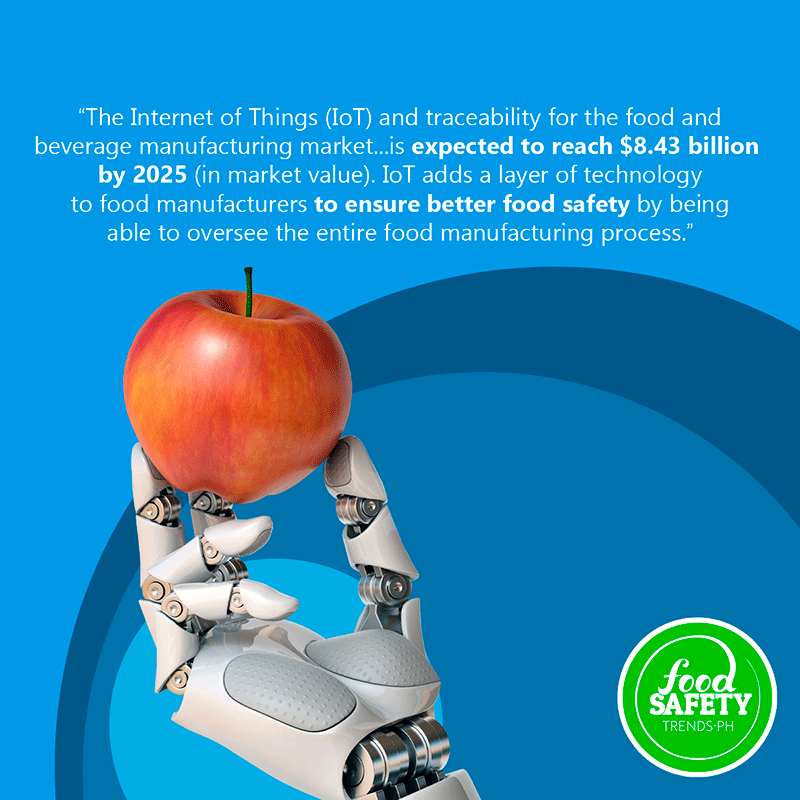
Within the increasingly competitive technology landscape, data is the most essential commodity. Data has been so valuable that when managed and analyzed properly, it can provide correct insights that businesses can use to innovate and grow. Today, higher-quality data can now be captured quicker and in greater volumes due to the Internet of Things (IoT).
March 1, 2022
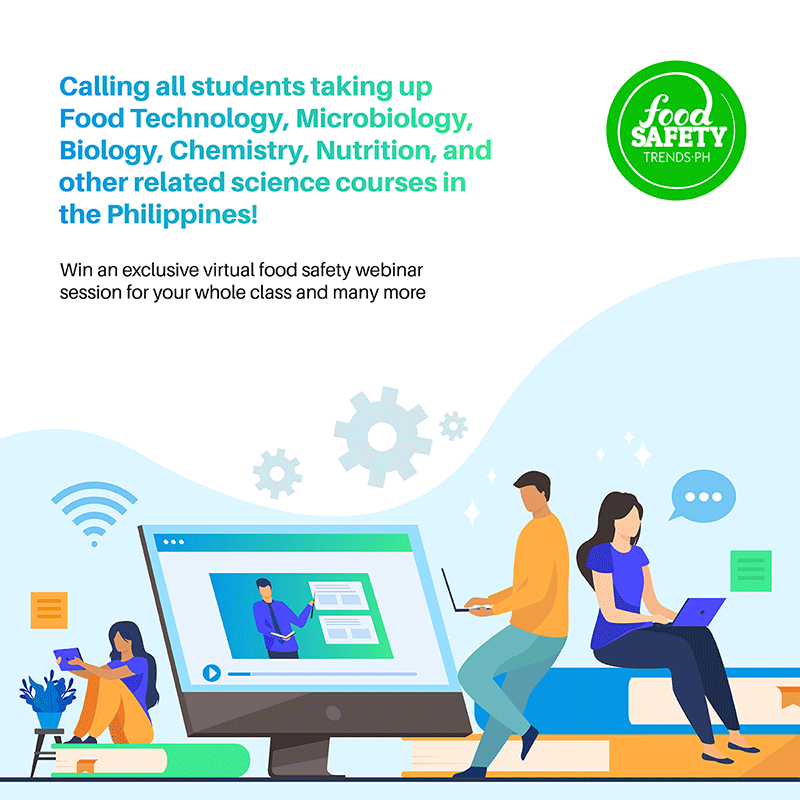
FOOD SAFETY: How Much Do You Actually Know? Part 3
February 14, 2022
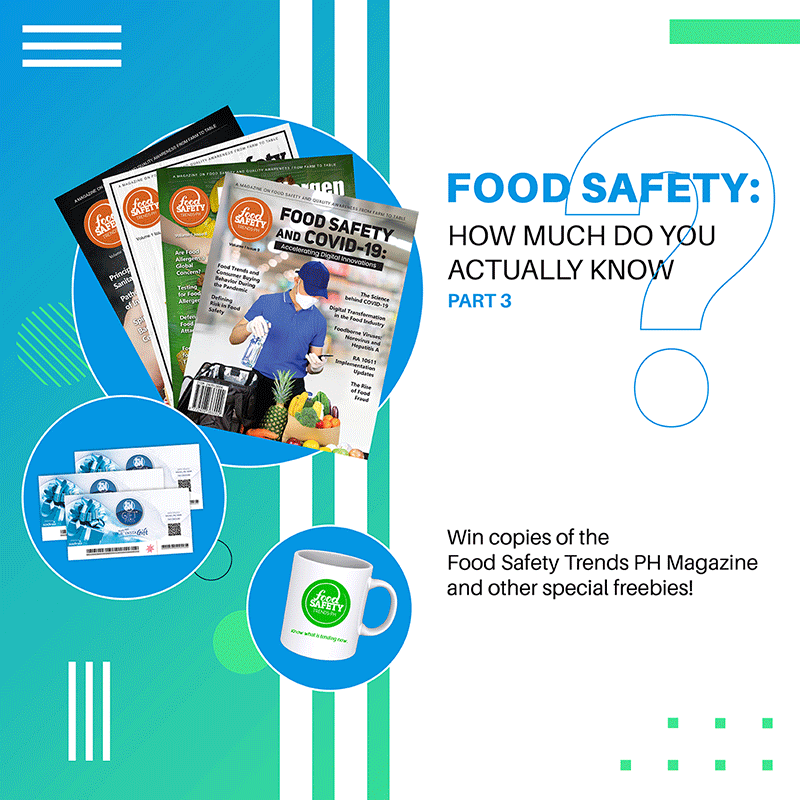
FOOD SAFETY: How Much Do You Actually Know? Part 3
February 14, 2022
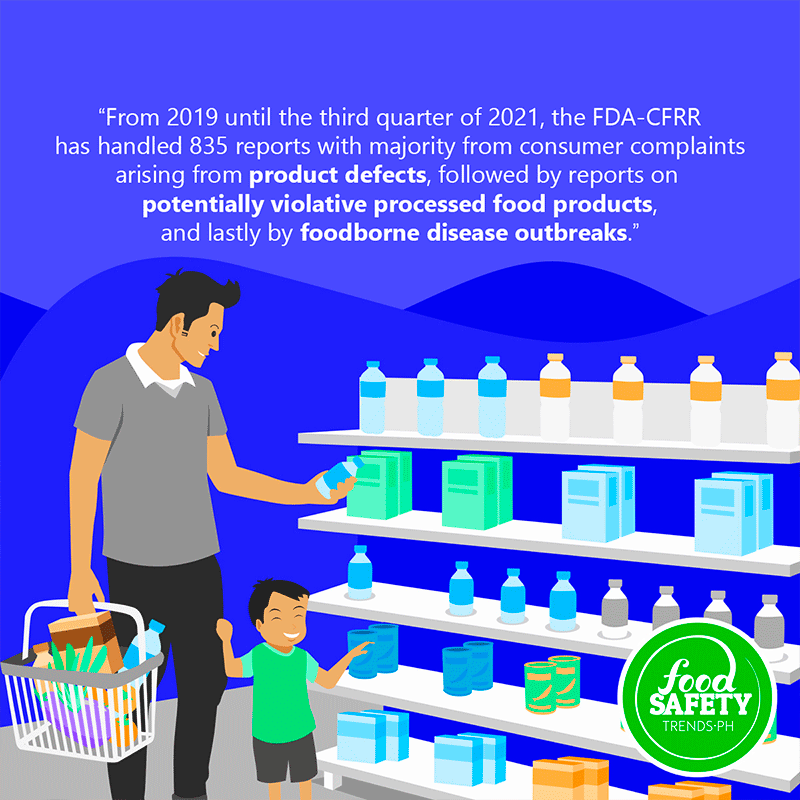
From 2019 until the third quarter of 2021, the FDA-CFRR has handled 835 reports with majority from consumer complaints arising from product defects (e.g., presence of physical contaminant, sub-par physical appearance, etc.), followed by reports on potentially violative processed food products, and lastly by foodborne disease outbreaks as coordinated by the DOH — Epidemiology Bureau, Epidemiological and Surveillance Units (i.e., Regional, Provincial, City/Municipal).
February 14, 2022
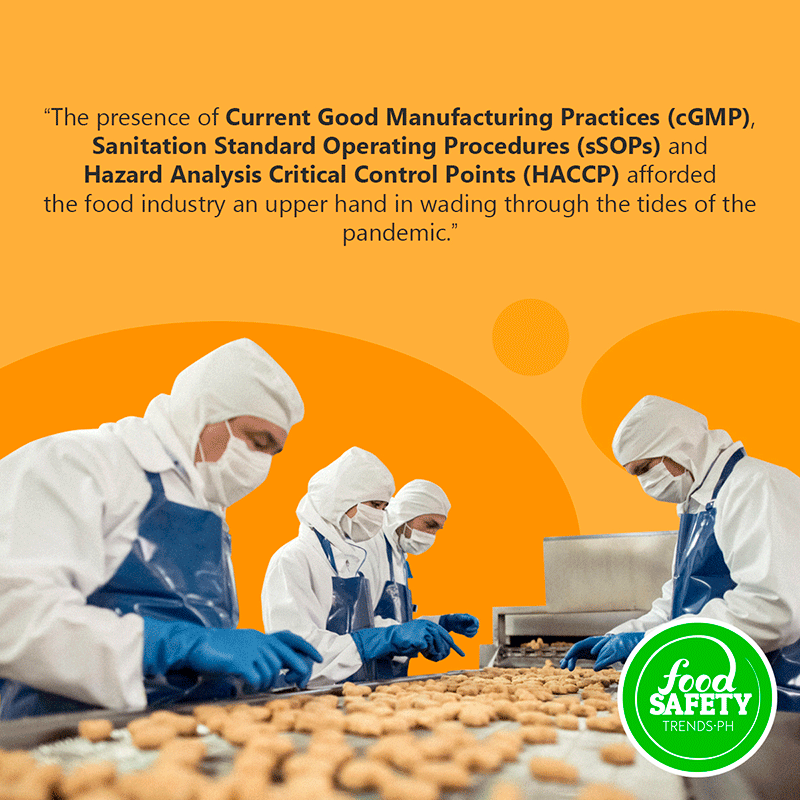
The presence of Current Good Manufacturing Practices (cGMP), Sanitation Standard Operating Procedures (sSOPs), and Hazard Analysis Critical Control Points (HACCP) afforded the food industry an upper hand in wading through the tides of the pandemic. Modifications to these existing food safety programs and better employee practices can certainly propel food businesses forward.
February 8, 2022
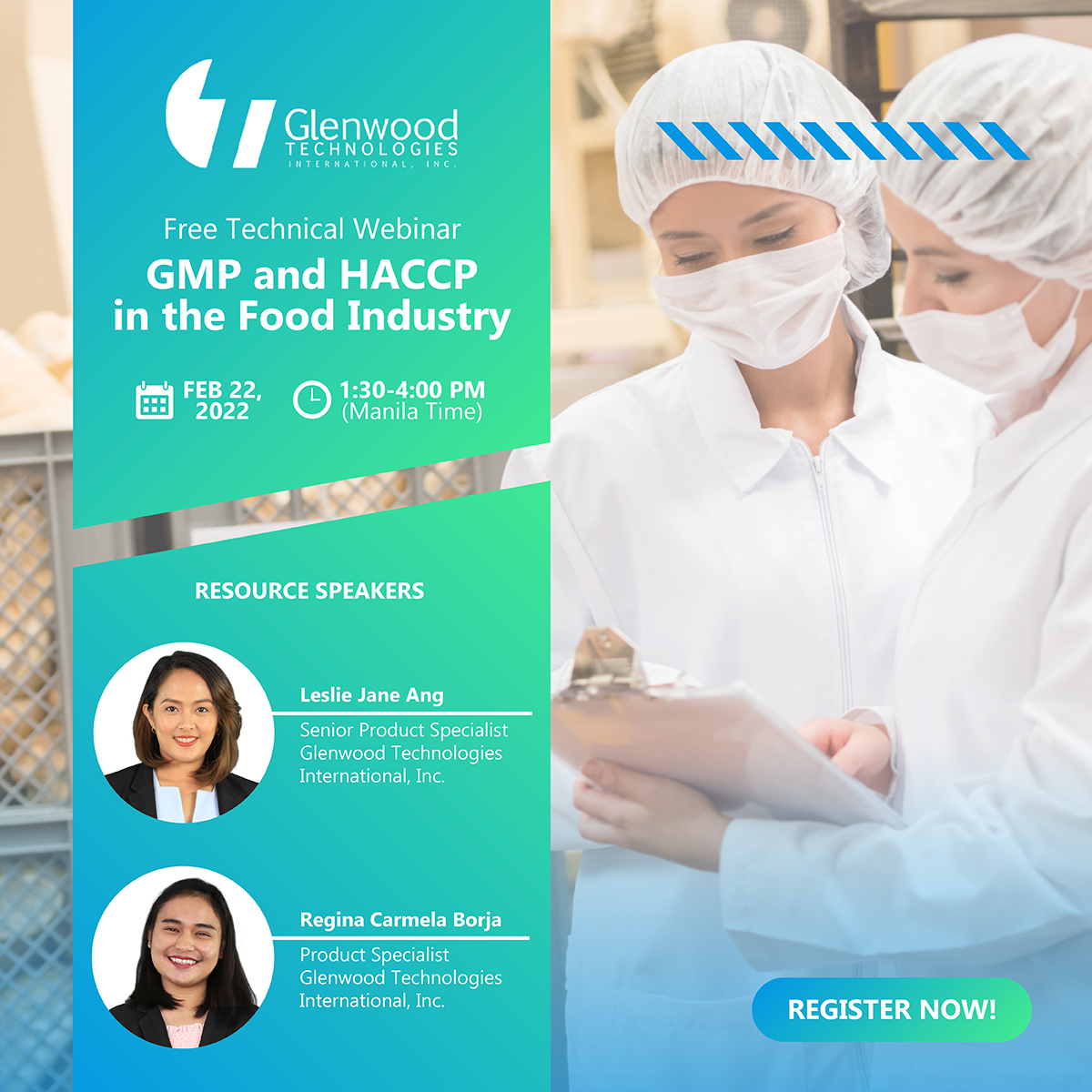
Meet the resource speaker of our webinar on the Overview of ISO/IEC 17025:2017!
January 19, 2022

Meet the resource speaker of our webinar on the Overview of ISO/IEC 17025:2017!
January 13, 2022
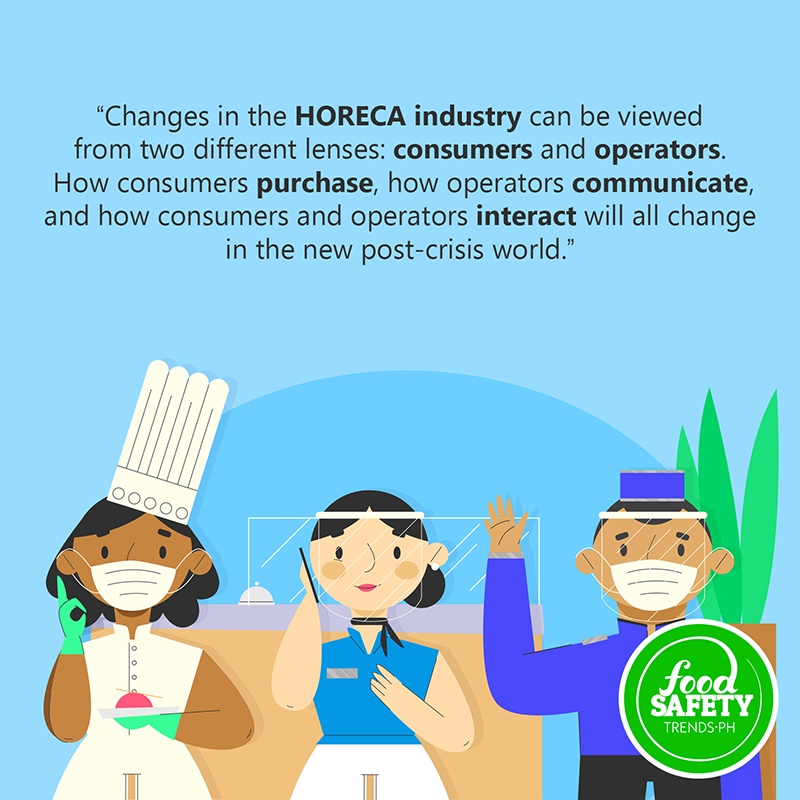
With the pandemic waning in many countries, Dr. Leana Wen, professor at George Washington University, outlined a three-pronged approach to end the pandemic with the caveat that COVID-19 is here to stay for the foreseeable future. Increasing vaccination and maintaining mask mandates or continued recommendations to wear masks should be added to this sensible approach.
January 7, 2022
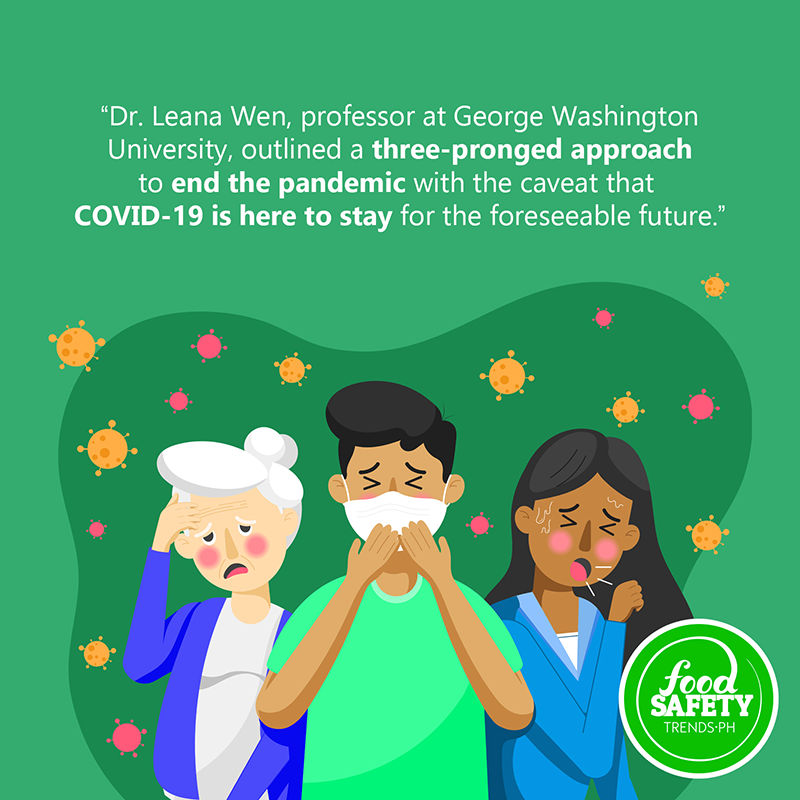
"With the pandemic waning in many countries, Dr. Leana Wen, professor at George Washington University, outlined a three-pronged approach to end the pandemic with the caveat that COVID-19 is here to stay for the foreseeable future. Increasing vaccination and maintaining mask mandates or continued recommendations to wear masks should be added to this sensible approach.
1. Making vaccines available for younger children
2. The need for oral outpatient treatment for COVID-19
3. The need for free or inexpensive readily available rapid tests"
December 23, 2021
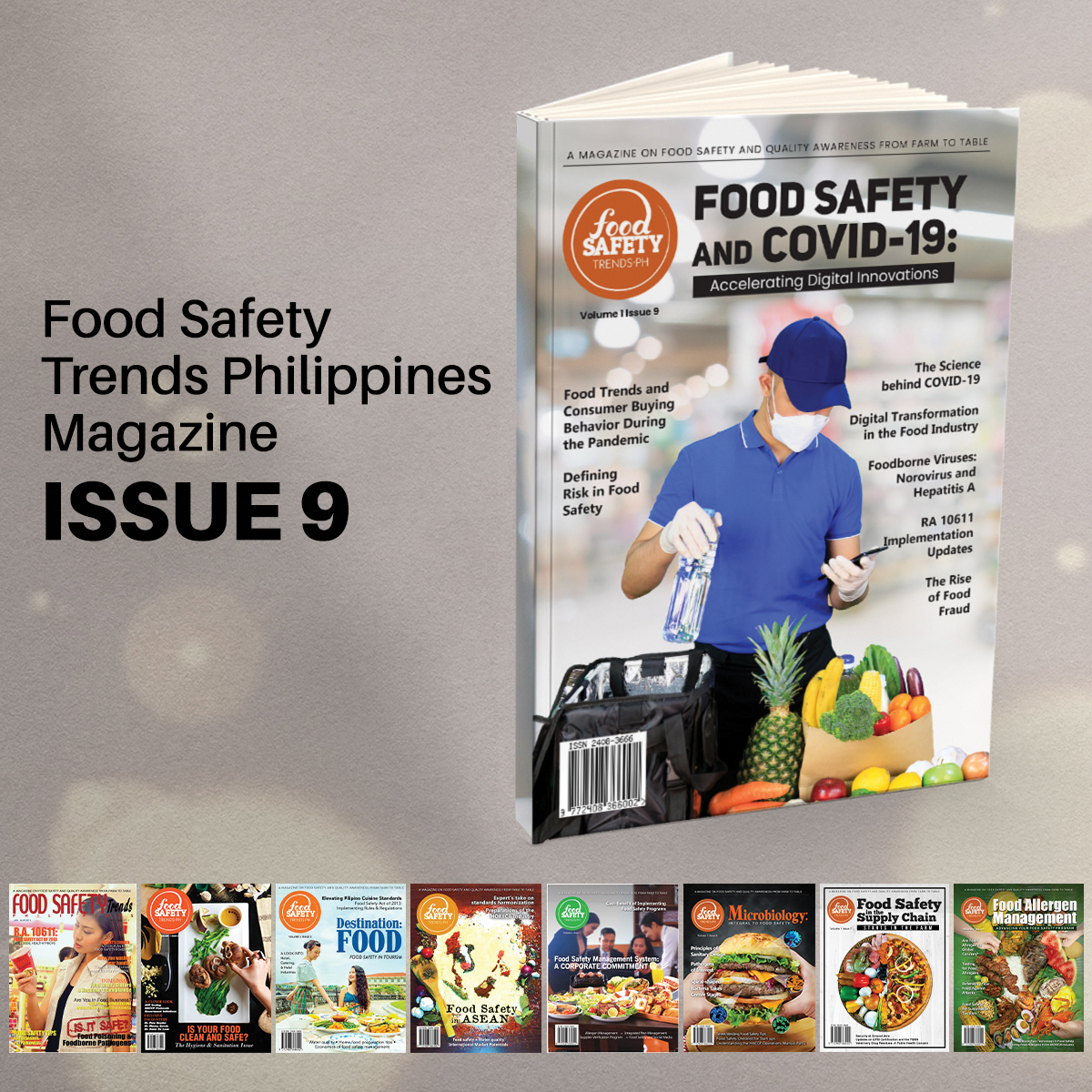
Make way for the most-awaited issue of the Food Safety Trends Philippines Magazine with the theme "Food Safety and COVID-19: Accelerating Digital Innovations".
November 22, 2021
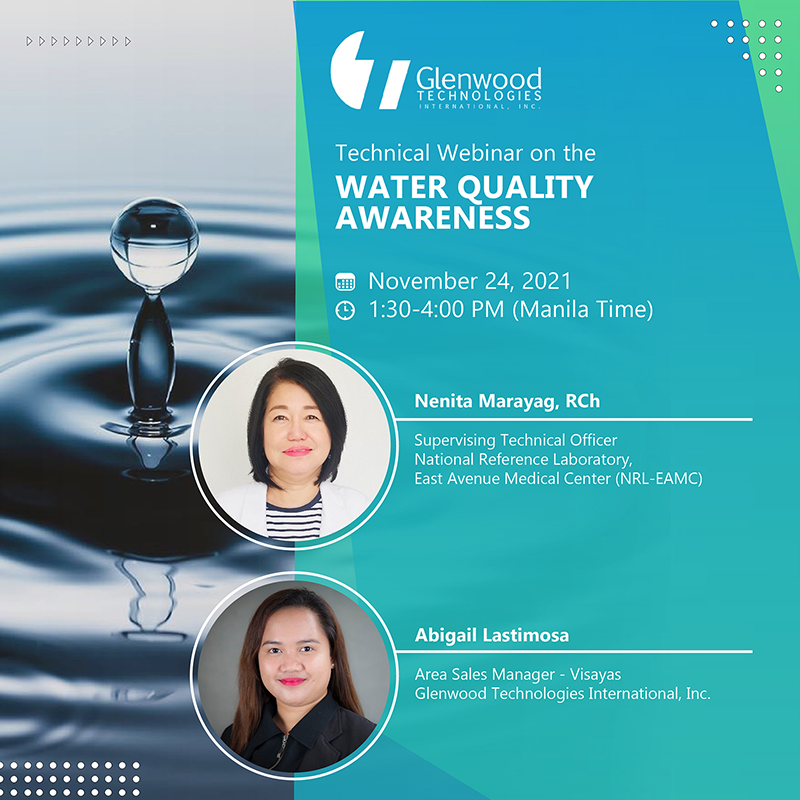
Mrs. Nenita Marayag, RCh is the Supervising Technical Officer of the National Reference Laboratory - East Avenue Medical Center (NRL-EAMC). She has a decade-long experience developing performance evaluation guidelines of water and drug testing kits, and has notably authored the NRL-EAMC Quality Manual. Providing technical and consultative assistance on water analysis, drug testing, and toxicology, Mrs. Marayag has also been instrumental in creating and updating the 2017 Philippine National Standards for Drinking Water (PNSDW) as a member of a technical working group. The former Board of Director of the Integrated Chemists of the Philippines (ICP) currently oversees, supervises, and directs all analytical procedures of the NRL-EAMC.
November 18, 2021
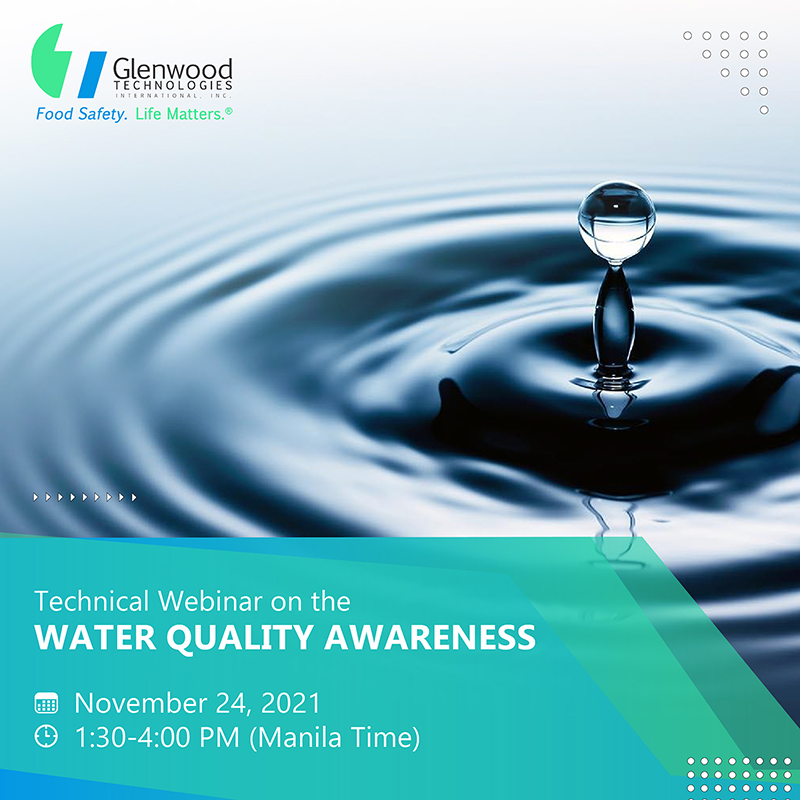
Are you informed on the updates on the Philippine National Standards for Drinking Water (PNSDW)? According to the United Nations Department of Economic and Social Affairs (UNDESA), water quality is "determined by comparing the physical and chemical characteristics of a water sample with water quality guidelines or standards." Water quality standards, such as the Philippine National Standards for Drinking Water, are formulated to protect human health by enabling the provision of water that is free from harmful contaminants and is safe for public consumption. Calling all waterworks officials, developers and operators of water supply systems, ice manufacturers, health sanitation authorities, drinking water laboratories, and establishments and institutions that supply drinking water!
October 11, 2021
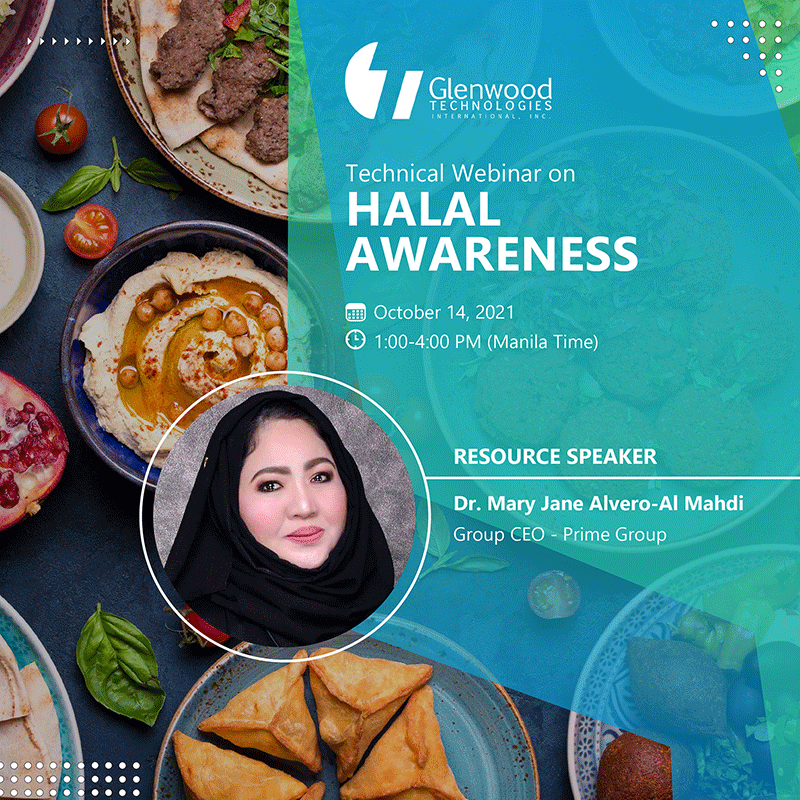
Do you consider yourself knowledgeable on Halal regulation requirements and food safety principles?
Halal is treated as a very critical concept in Islam and is an issue considered very sensitive for Muslims. The demand for Halal products has been on the rise and is expected to increase significantly. Estimated to be worth US$ 1.9 trillion in 2020, the Halal industry is one of the fastest-growing consumer segments worldwide.
July 23, 2021
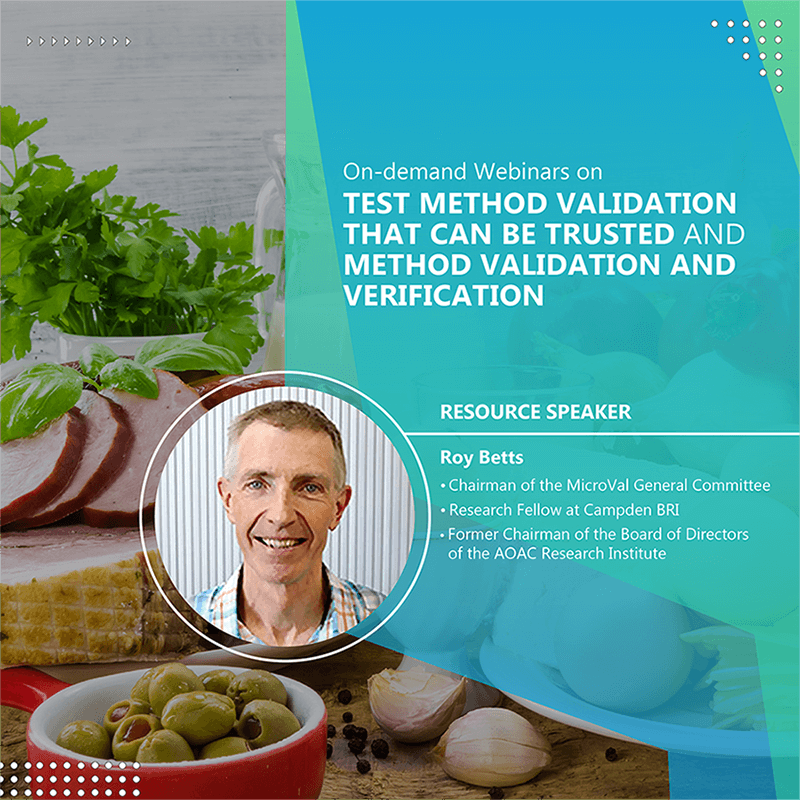
Check out the on-demand webinars entitled Test Validation That Can Be Trusted and Method Validation and Verification conducted by Nissui Pharmaceutical Co., Ltd, the manufacturer of CompactDry™ (the world's most trusted ready-to-use chromogenic media plate for microbial analysis) in partnership with Campden BRI, an independent international food consultancy and research organization based in the United Kingdom.
July 13, 2021
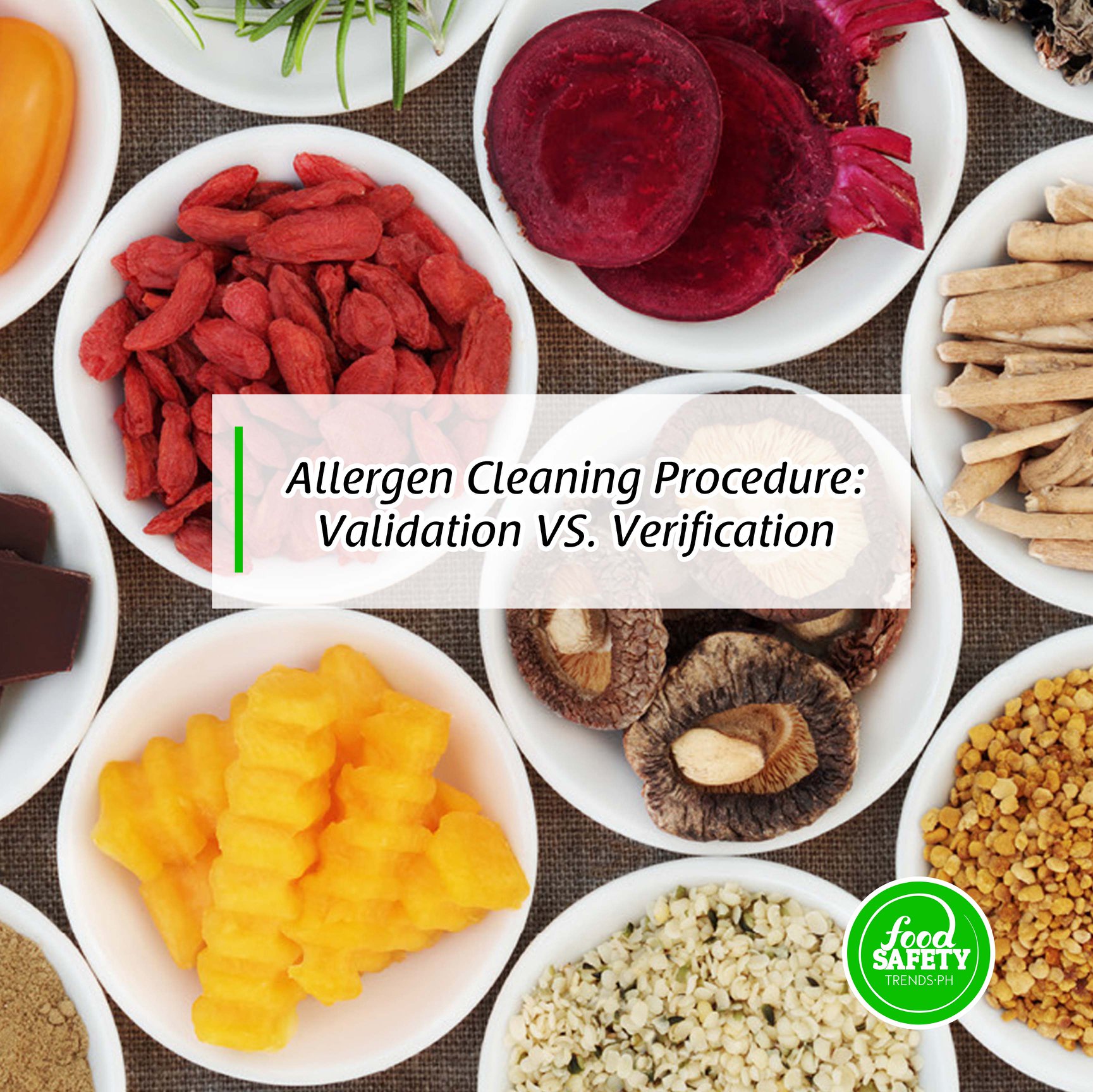
Biological, chemical (including allergens), and physical contamination during food production can be prevented by implementing an effective cleaning process. To avoid cross-contact of allergens, a cleaning process must be validated for its ability to remove allergens then its effectiveness verified regularly.
June 18, 2021
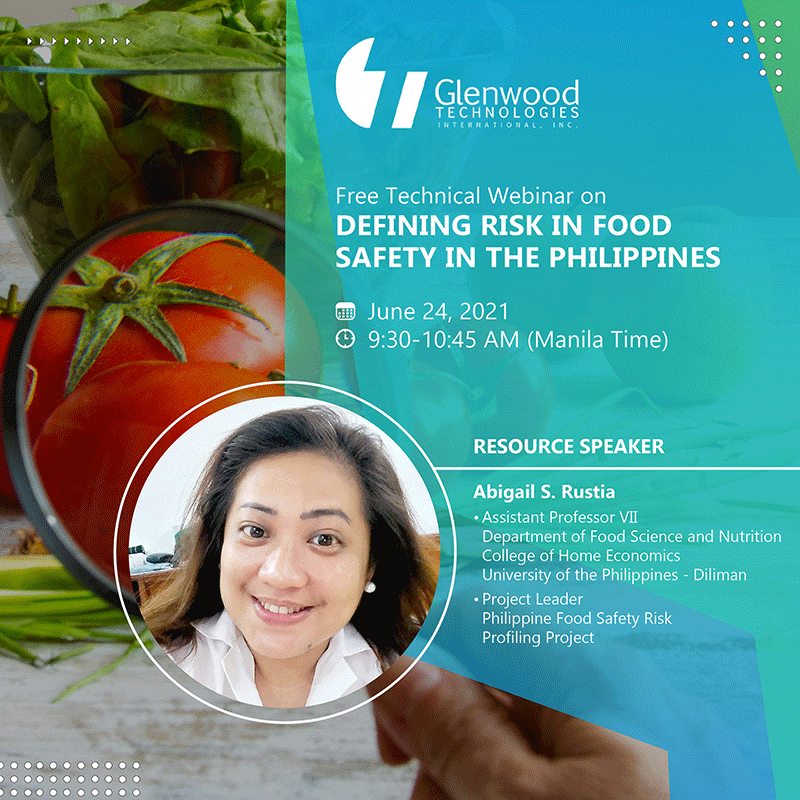
Meet the resource speaker of our webinar on Defining Risk in Food Safety in the Philippines!
June 14, 2021
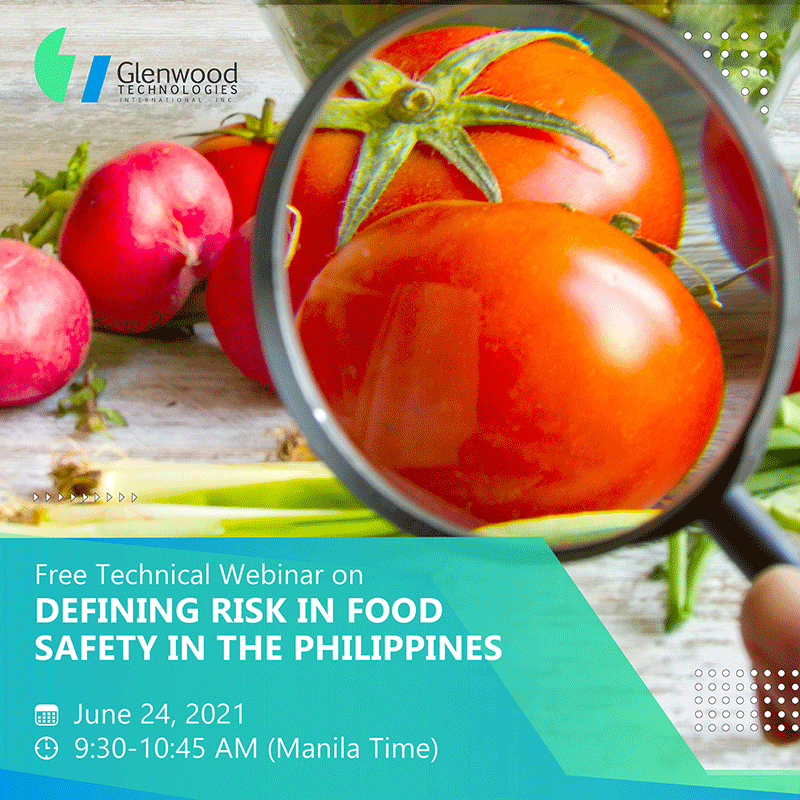
Food safety challenges remain a prevalent global concern. Free trade as well as the globalization of food products are some of the factors that contribute to the increased exposure of food hazards to populations.
June 7, 2021
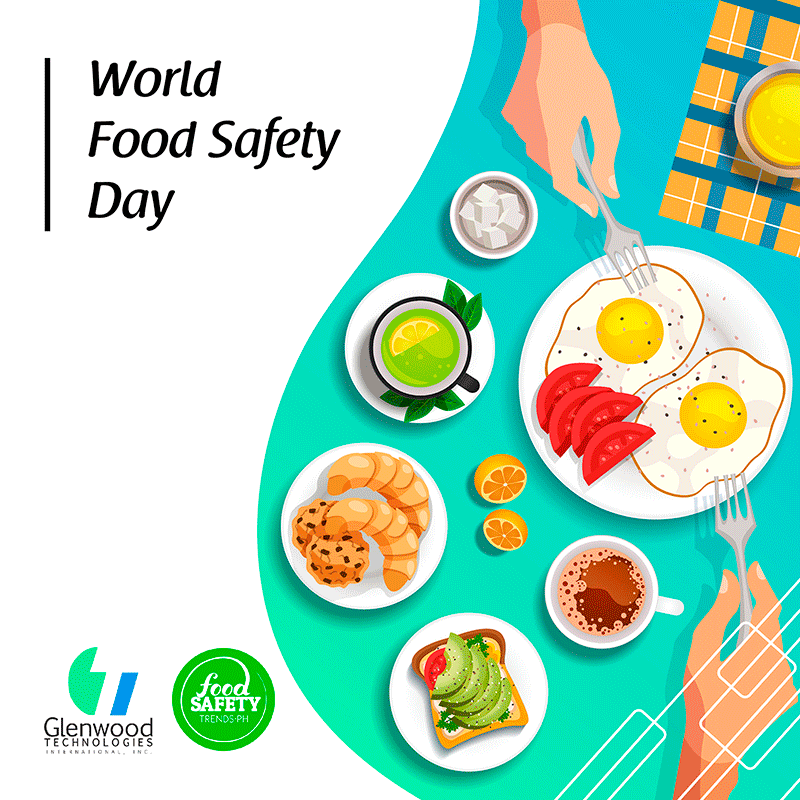
The World Food Safety Day is commemorated every June 7th each year to raise attention and encourage action to help prevent, detect, and manage foodborne risks. The theme for this year's celebration, "Safe food now for a healthy tomorrow", underlines that the production and consumption of safe food have immediate and long-term benefits for people, the planet, and the economy. Embracing digital innovations, advancing scientific solutions, and honoring traditional knowledge will allow the availability of safe and healthy food for all to be sustainable in the future.
May 15, 2021
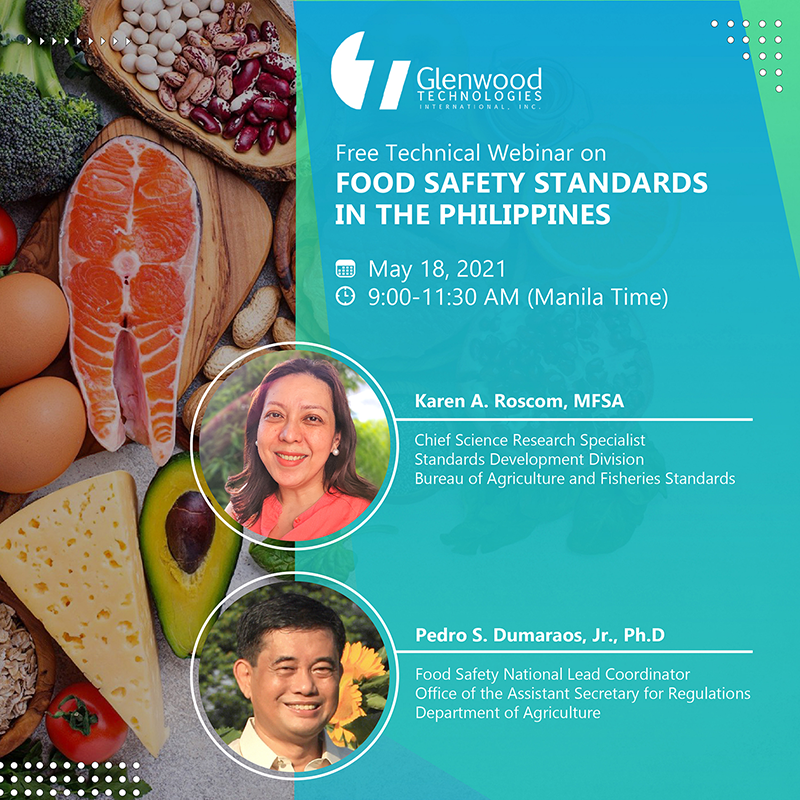
Meet the resource speakers of our webinar on the Food Safety Standards in the Philippines!
May 8, 2021
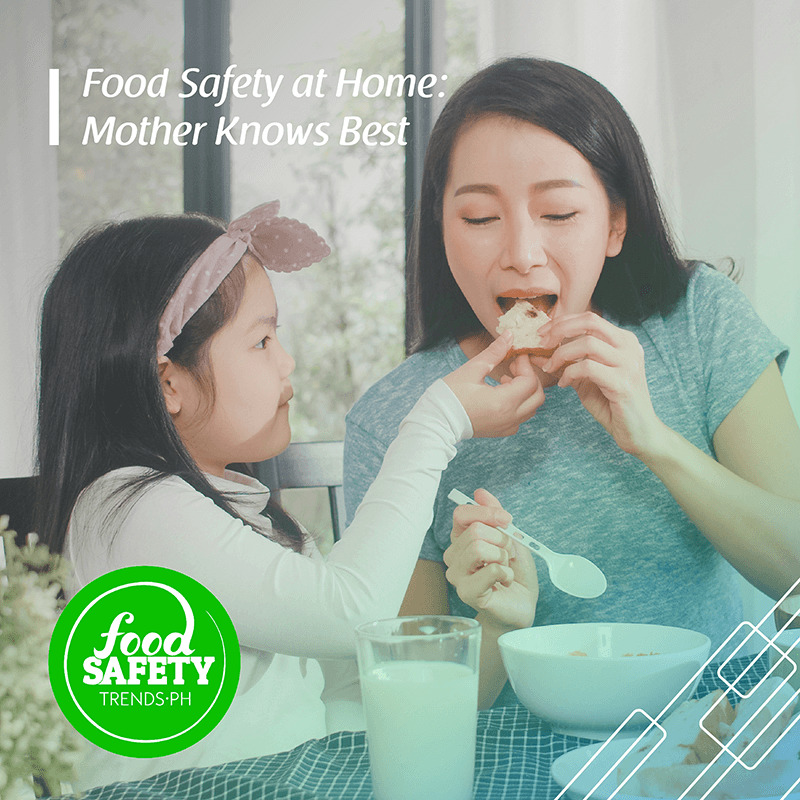
Everybody has their own favorite food but nothing beats a delectable home-cooked meal prepared by our mothers who know us best and love us unconditionally. Each food prepared by our mothers is surely made with love and with strict attention to ingredients, flavors, and most importantly, food safety. They make sure that every food served at our table is scrumptious and safe for consumption.
May 3, 2021
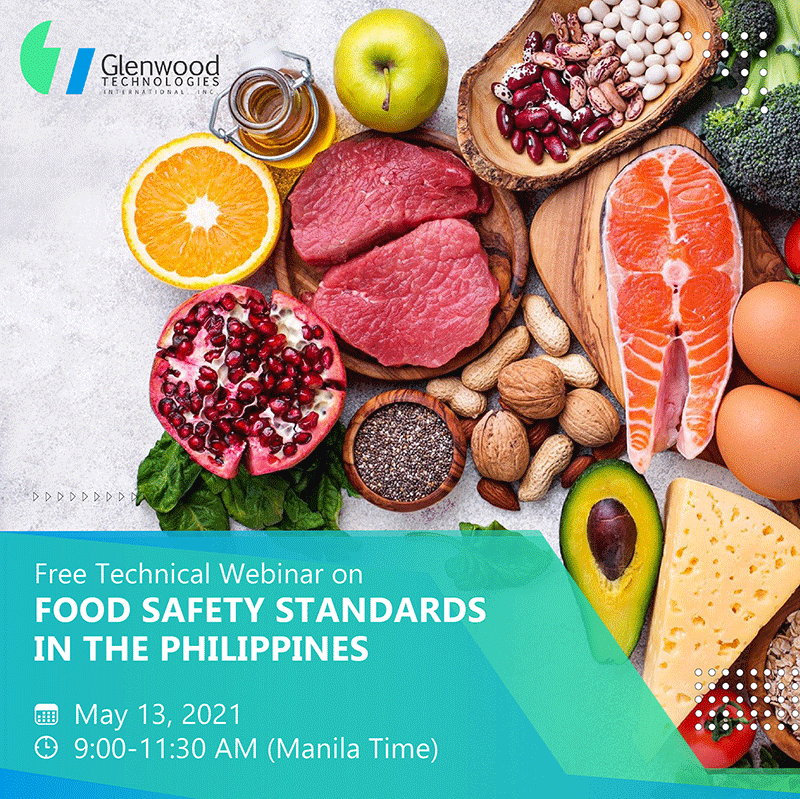
Do you consider yourself well informed on the Philippine food safety standards?
March 25, 2021
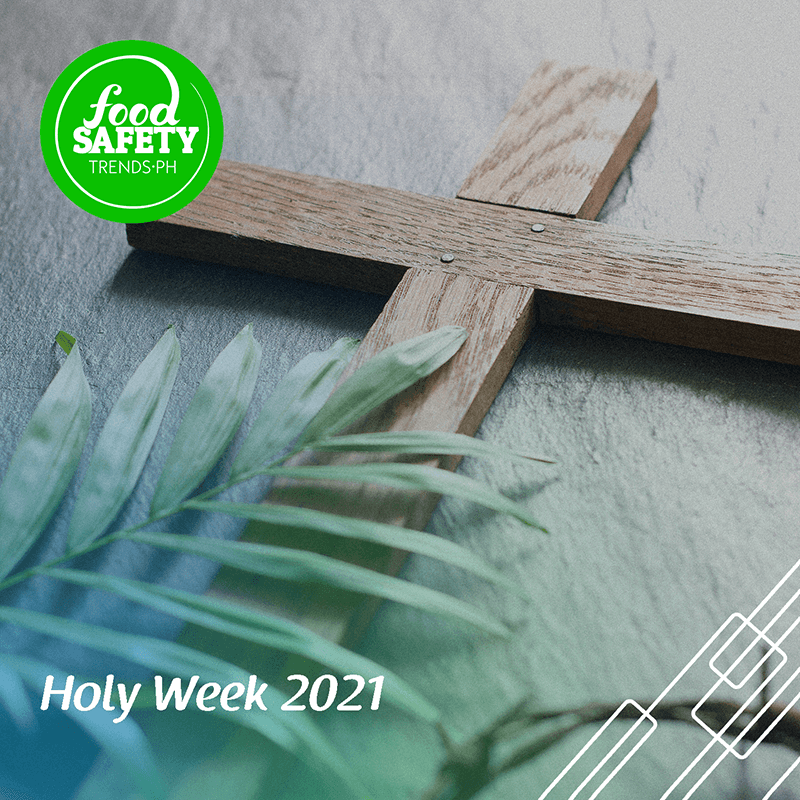
The on-going COVID-19 pandemic has forced the Catholic Church to suspend Holy Week activities in an attempt to curb the spread of the virus. Several churches in Metro Manila have opted to conduct their services online in the meantime. Following the continued rise in the number of cases in the country, the Department of Health strongly urges Filipinos to stay at home and instead avail of these online services
March 24, 2021
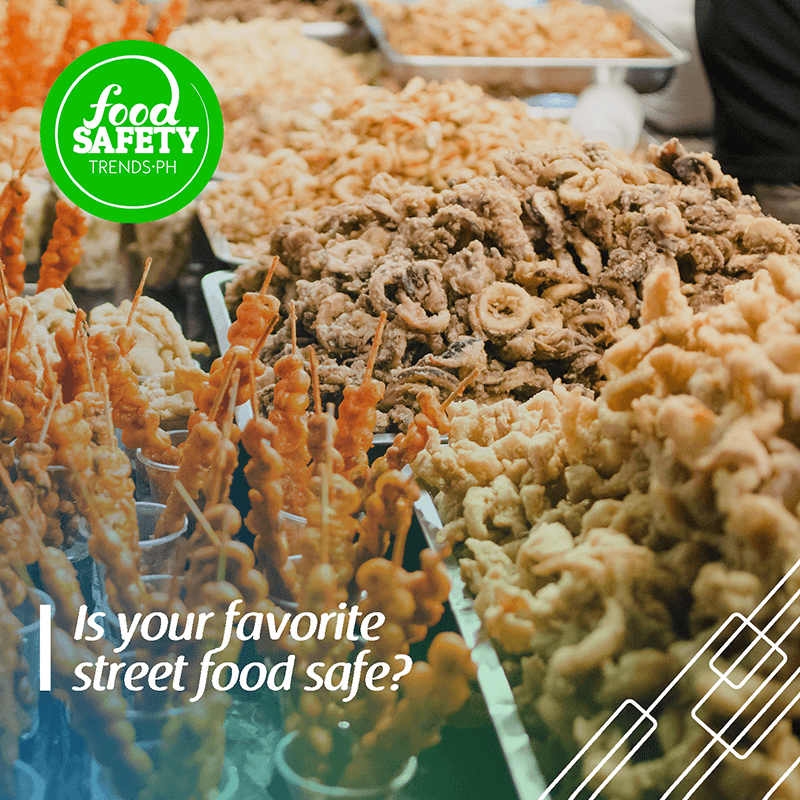
Is your favorite street food safe? Let's get something straight: WE LOVE STREET FOODS. People from all walks of life have a special love for street food because of its lip-smacking flavors. Certain Filipino street food favorites include kwek-kwek, barbeque, isaw, balut, green mango with bagoong, and mais, among others. These street foods can be found almost everywhere in the Philippines – around markets, schools, universities, factories, and even offices – they have easily blended into the urban scene, being very accessible to the majority of the Philippine population. It has been an integral part of the culture and the landscape of the Philippines.
March 22, 2021
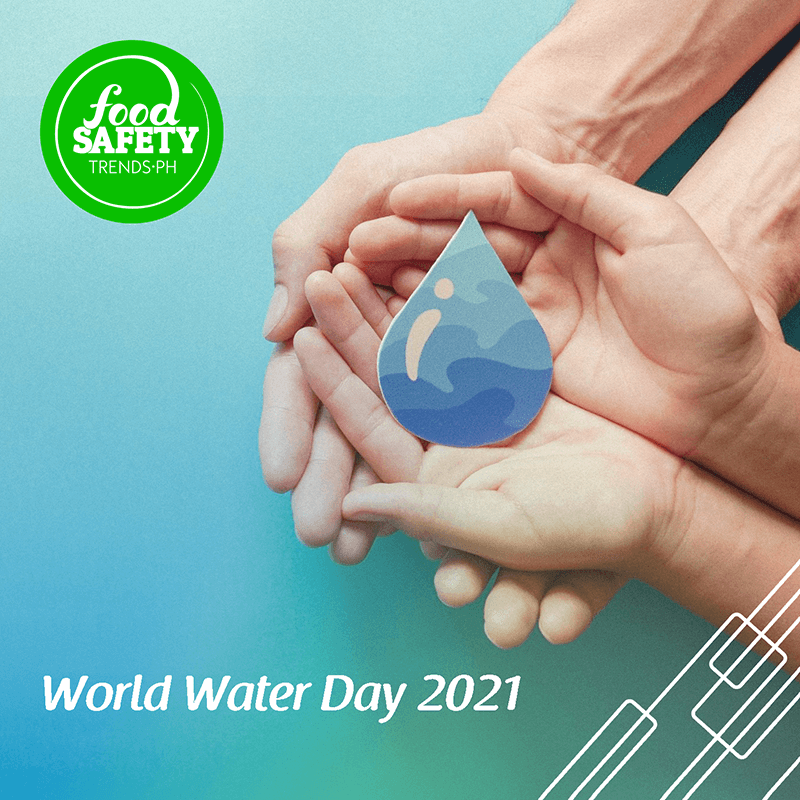
"Water is an essential building block of life. It is more than just essential to quench thirst or protect health; water is vital for creating jobs and supporting economic, social, and human development" - United Nations Educational, Scientific and Cultural Organization (UNESCO)
Held on March 22nd every year, World Water Day underlines the importance of fresh water. The event raises awareness of the 2.2 billion people living without access to safe water. It supports the United Nations' Sustainable Development Goal 6: water and sanitation for all by 2030.
March 18, 2021
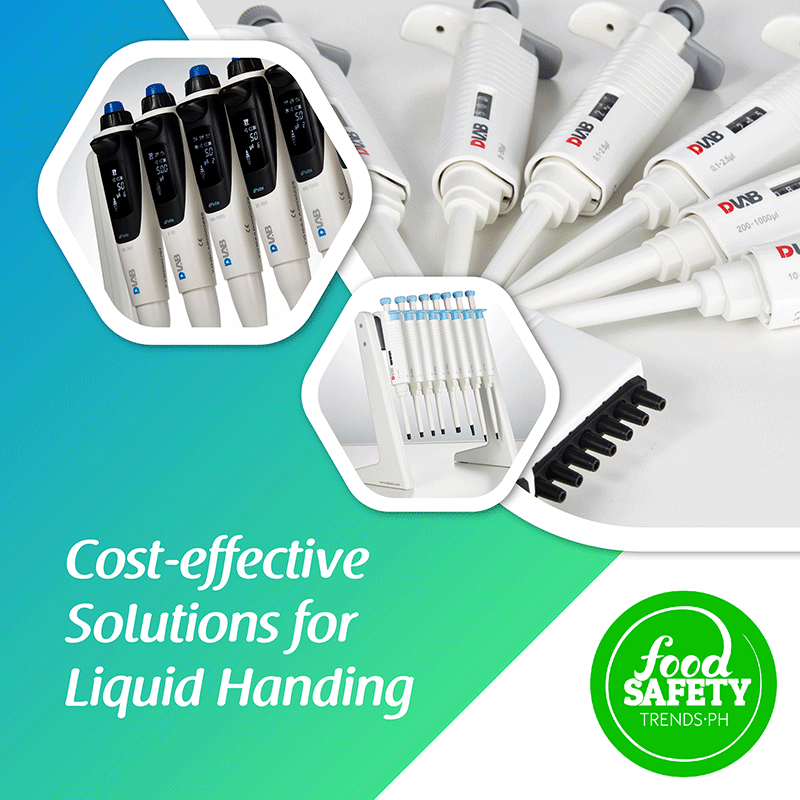
Are you looking for a cost-effective pipettor and pipette tips? We got you covered! Glenwood Technologies offers a comprehensive model selection of mechanical and electronic pipettes. Pipettes are available in fixed or adjustable single, 8-channel, and 12-channel models that can support volumes from 0.1 µL to 10 mL. Choose from lightweight designs to strain-free pipetting features. All pipettes are calibrated to ISO 8655-2:2002 standard, ensuring high accuracy and precision. Electronic pipettes are also self-calibrating via an online software.
March 11, 2021
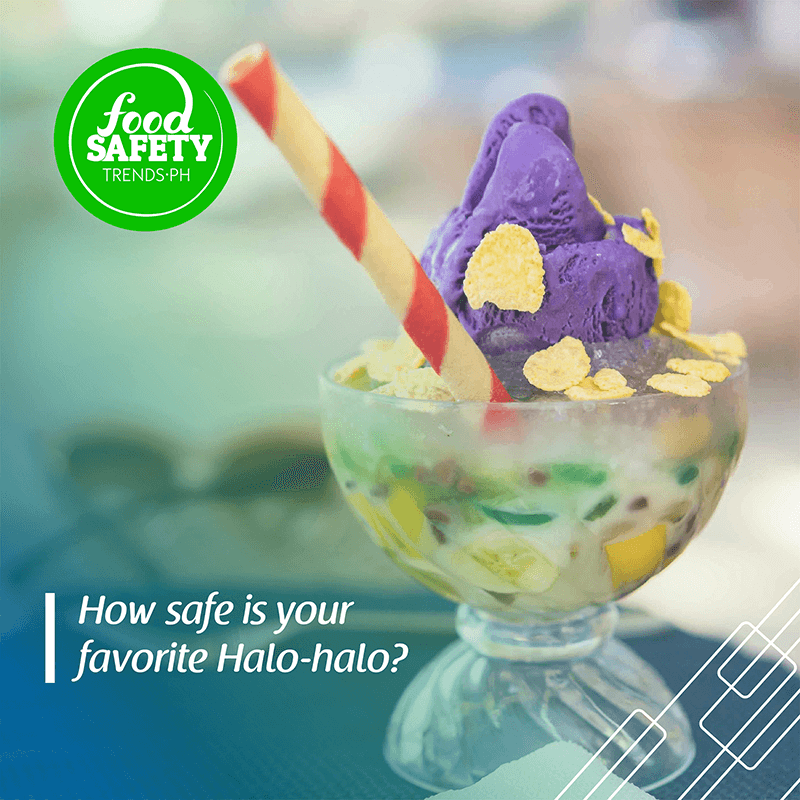
The arrival of summer in the coming weeks will have Filipinos looking for ways to beat the heat. With the COVID-19 lockdowns limiting the places Filipinos can visit, most would think their options would be either to risk contagion or to swelter in quarantine, but cold Pinoy treats such as Halo-halo may help. This summertime treat would be a sure and delicious way to cool down. However, before indulging yourself with this colorful delight, be mindful of these food safety tips
January 14, 2021
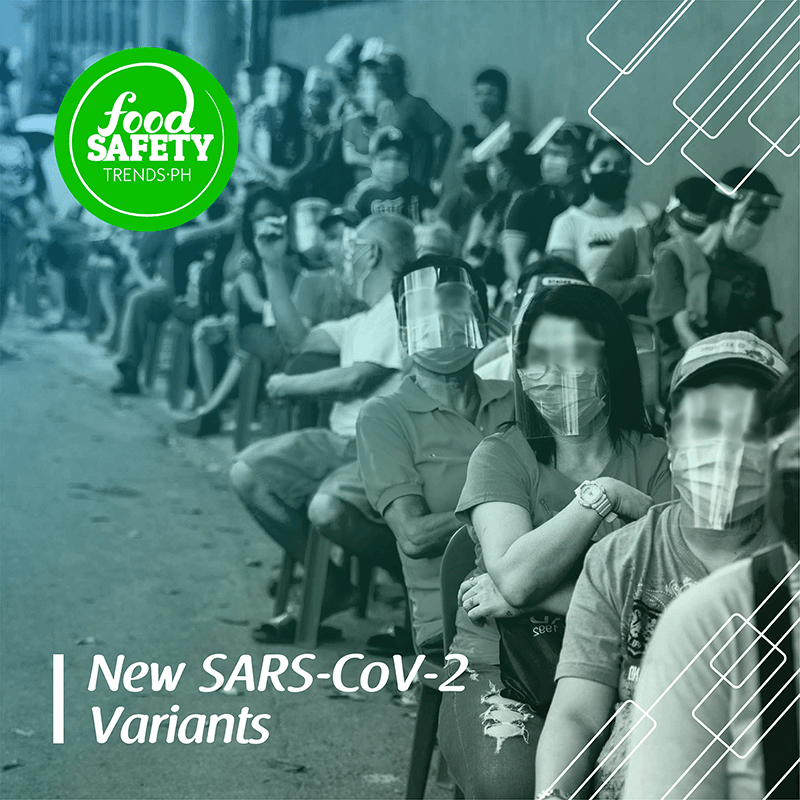
The Coronavirus is Mutating: Here’s what you need to know about the new variants
New virus variants are expected to occur over time since viruses constantly change through mutation; these variants either emerge and disappear or emerge and persist. Variants of the SARS-CoV-2, the causative agent of COVID-19, have appeared globally during this pandemic.
December 3, 2020
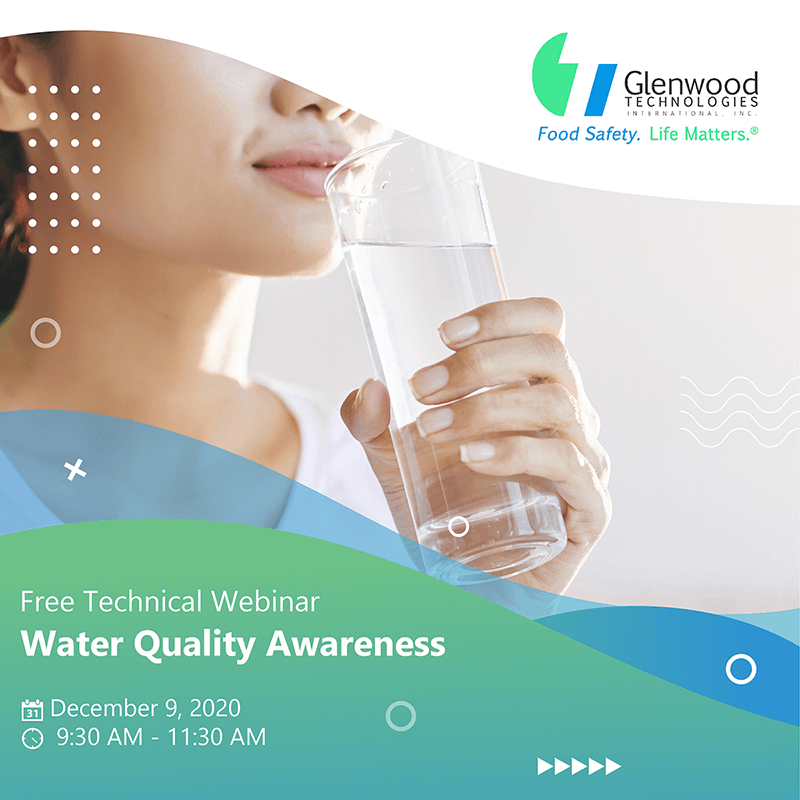
Quality water is safe water, but what does “water quality” mean? According to the US Geological Survey, water quality can be thought of as a measure of the suitability of water for a particular use based on selected physical, chemical, and biological characteristics. Drinking water is a necessity to sustain life; its quality varies from place to place but it ultimately must meet certain water quality standards such as the Philippine National Standards for Drinking Water (PNSDW) to ensure that it is free from harmful contaminants and is safe for public consumption.
October 22, 2020
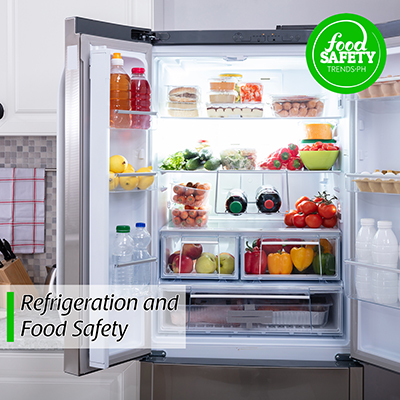
Refrigeration plays a large role in keeping your food safe as it slows bacterial growth. A well-functioning refrigerator set at the right temperature will reduce the risk of bacterial contamination in stored foods. That is why it is important that food storage, especially in refrigerators and freezers, is properly monitored. Make sure to follow these tips from the US Food and Drug Administration (US FDA) to ensure the safety of your food:
October 12, 2020
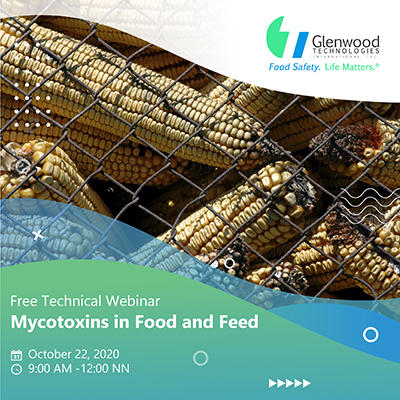
Ace our food safety quiz and get a chance to win a set of the Food Safety Trends Philippines Magazines, Sodexo gift certificates, and other freebies!
September 14, 2020
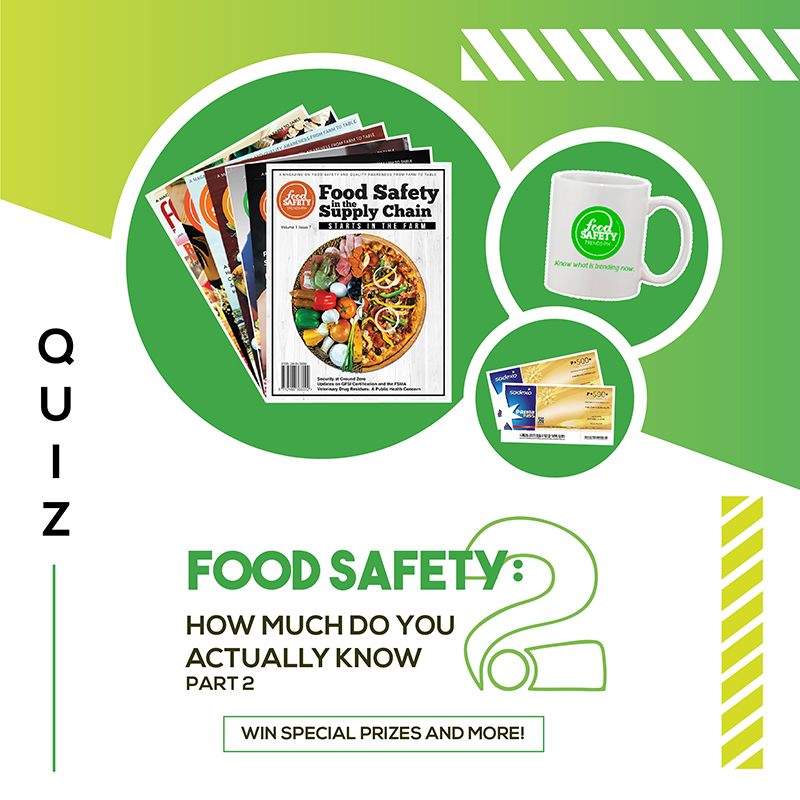
Ace our food safety quiz and get a chance to win a set of the Food Safety Trends Philippines Magazines, Sodexo gift certificates, and other freebies!
August 5, 2020
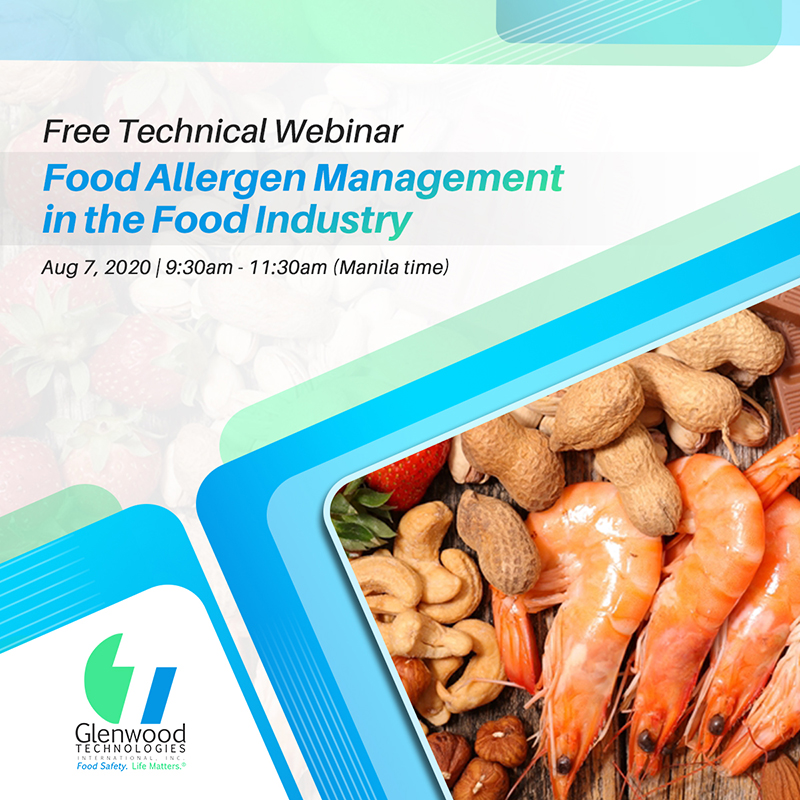
Food allergens are now recognized as a major food safety concern, the management of which should be a shared responsibility between consumers, government, and food manufacturers. Know more on how to implement an allergen management program in your facility and be compliant with the existing local and international regulations. Come and join us on our "Food Allergen Management in the Food Industry" webinar!
August 3, 2020
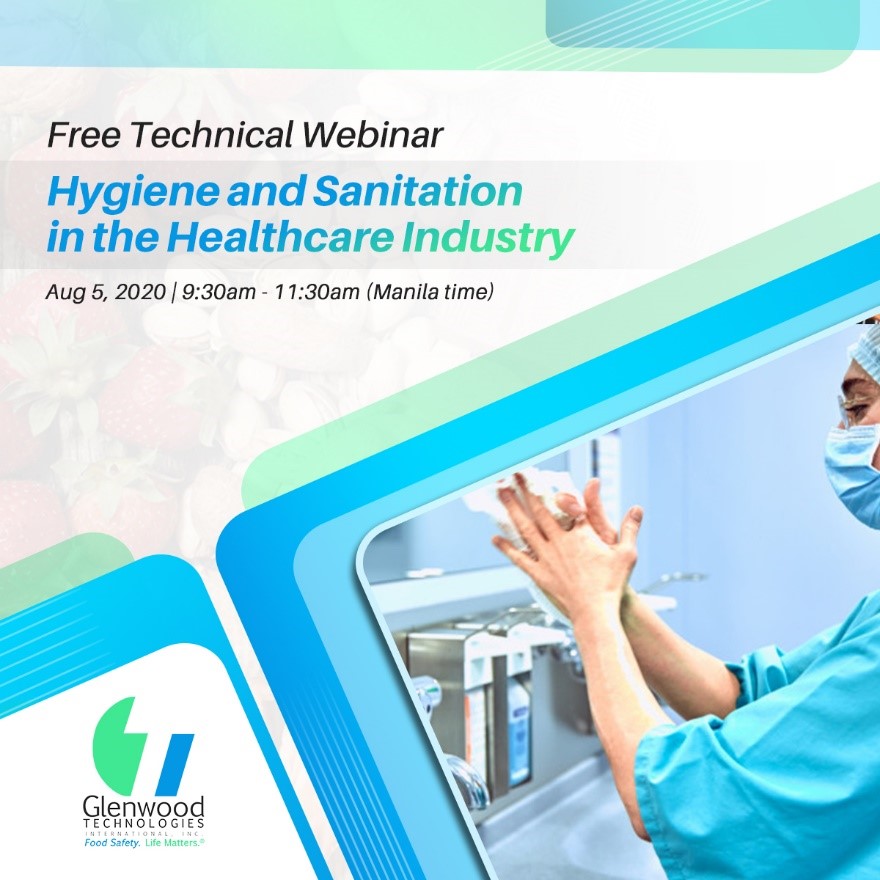
An effective Infection Prevention and Control (IPC) program must be strictly implemented and adhered to in a healthcare facility to protect the patients and healthcare workers from possible transmission of COVID-19 and other diseases. As one of the integral parts of an IPC program, Hygiene and Sanitation is one key factor to minimize risks associated to the healthcare industry. Maintaining a clean and hygienic environment can break the chain of infection, providing safety to the patients and healthcare workers. Learn more about this by joining our webinar!
July 27, 2020
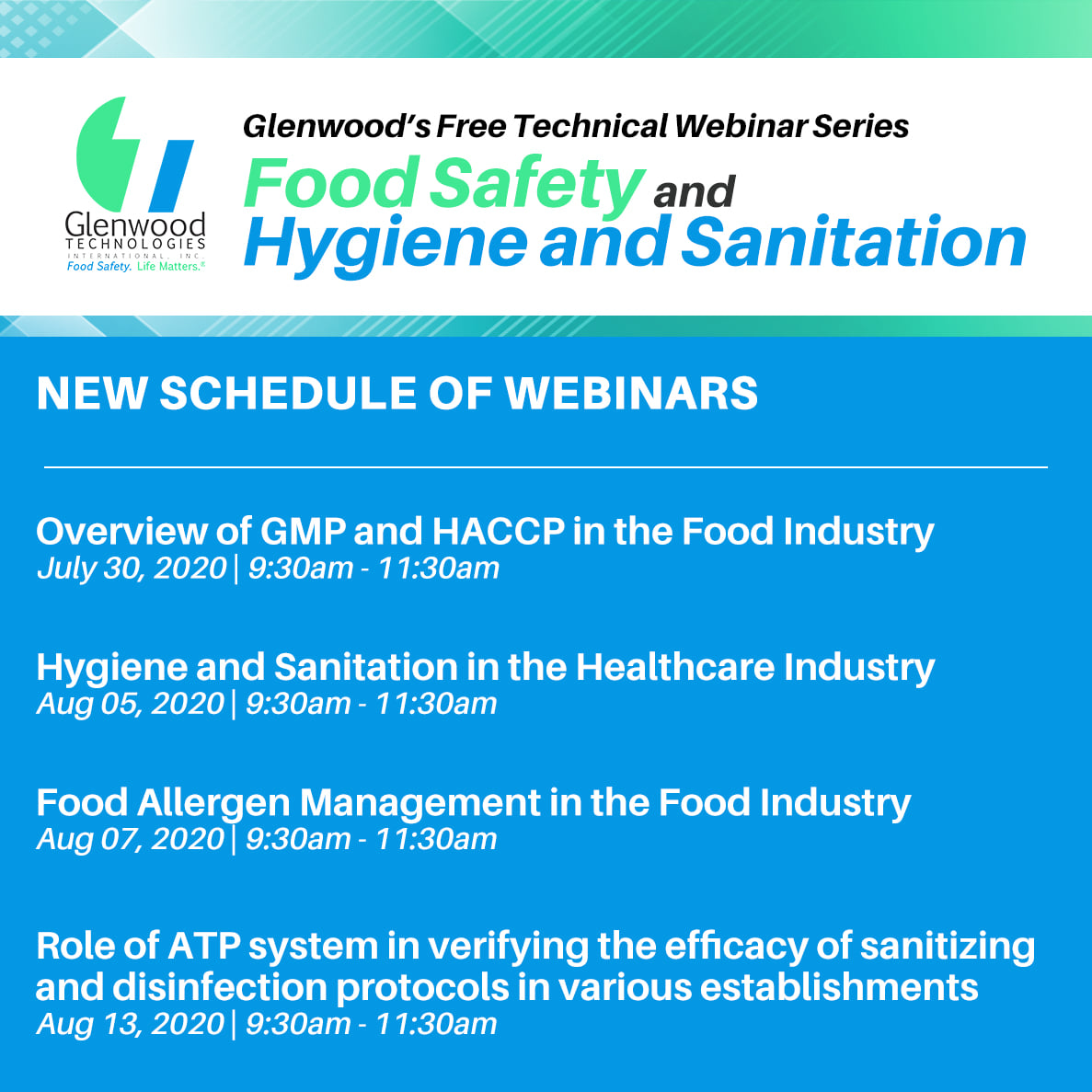
Thank you for your continuous support and participation in our Food Safety and Hygiene and Sanitation Webinar Series. Please be advised on the NEW SCHEDULE of our FOUR upcoming webinars. Register on this link
https://docs.google.com/forms/d/1STRe6NaPTaVFOU6ckuu1lN1g2cdJUUvnHOxTSG1g0SE/edit and wait for the confirmation e-mail on how to access the webinar.
July 10, 2020
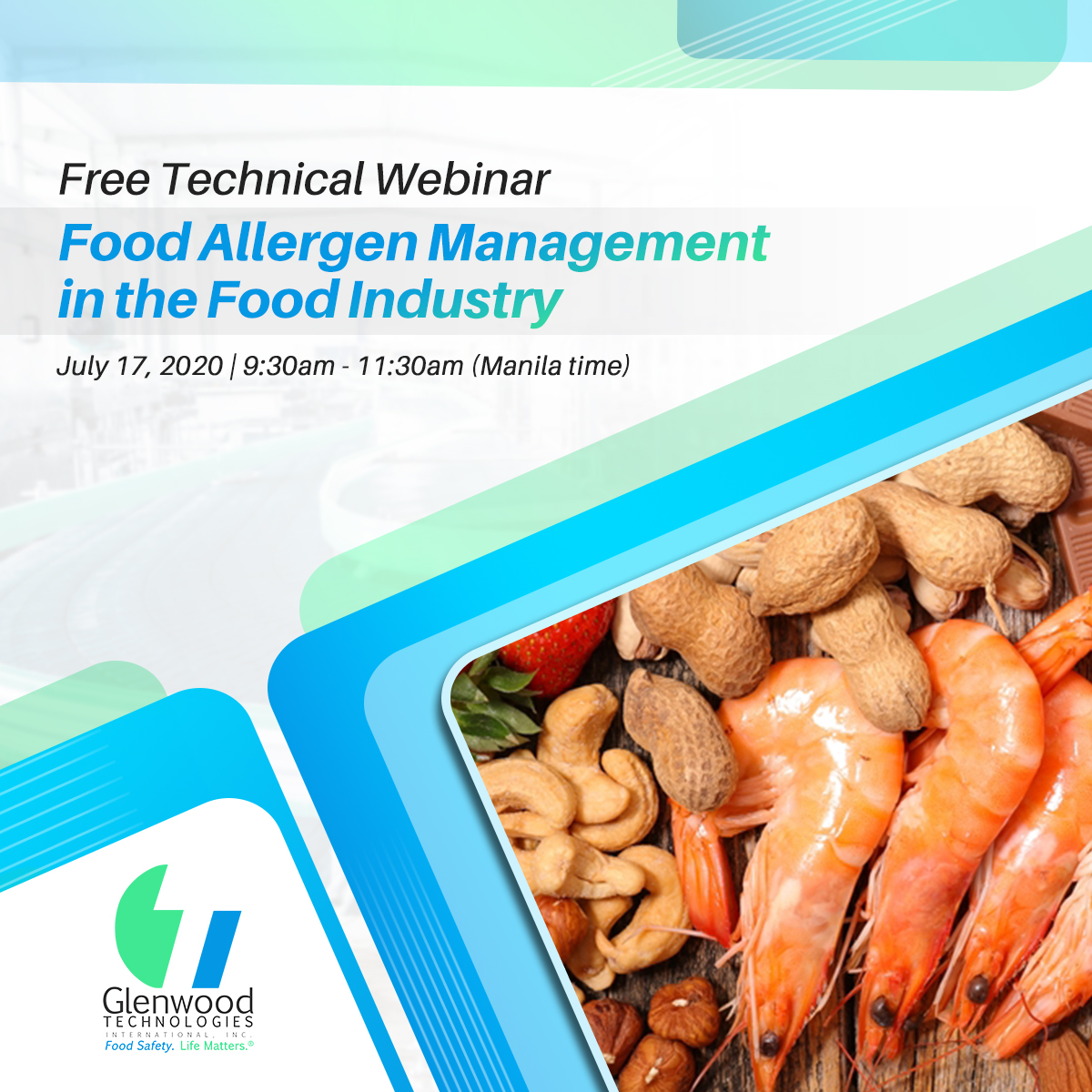
Food allergens are now recognized as a major food safety concern, the management of which should be a shared responsibility between consumers, government, and food manufacturers. Know more on how to implement an allergen management program in your facility and be compliant with the existing local and international regulations. Come and join us on our "Food Allergen Management in the Food Industry" webinar!
July 7, 2020
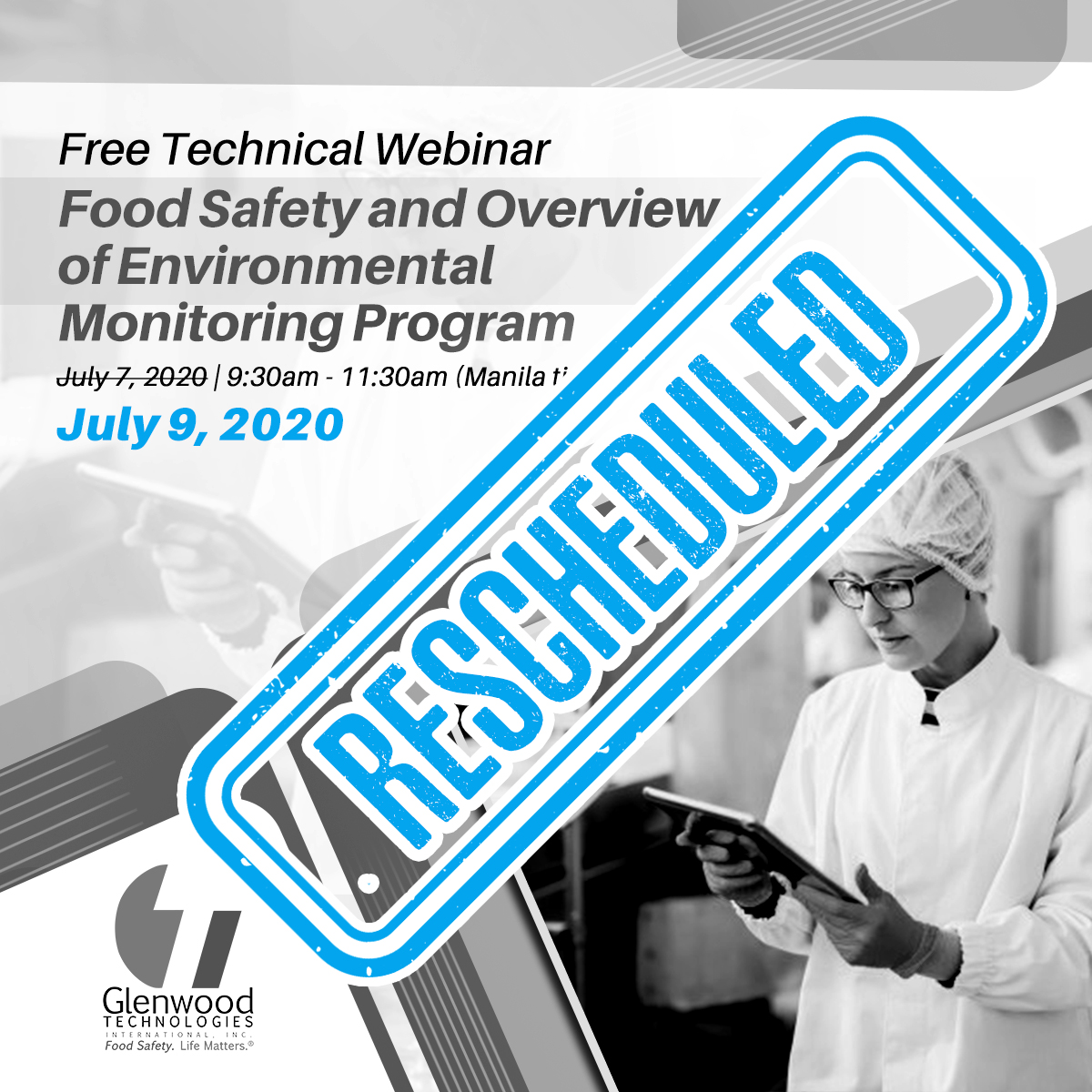
Please be informed that the technical webinar on Food Safety and Overview of Environmental Monitoring Program, which is initially scheduled tomorrow (Tuesday) at 9:30 AM, will be moved to July 9, 2020 (Thursday) from 9:30 AM to 11: 30 AM (Manila time).
July 2, 2020
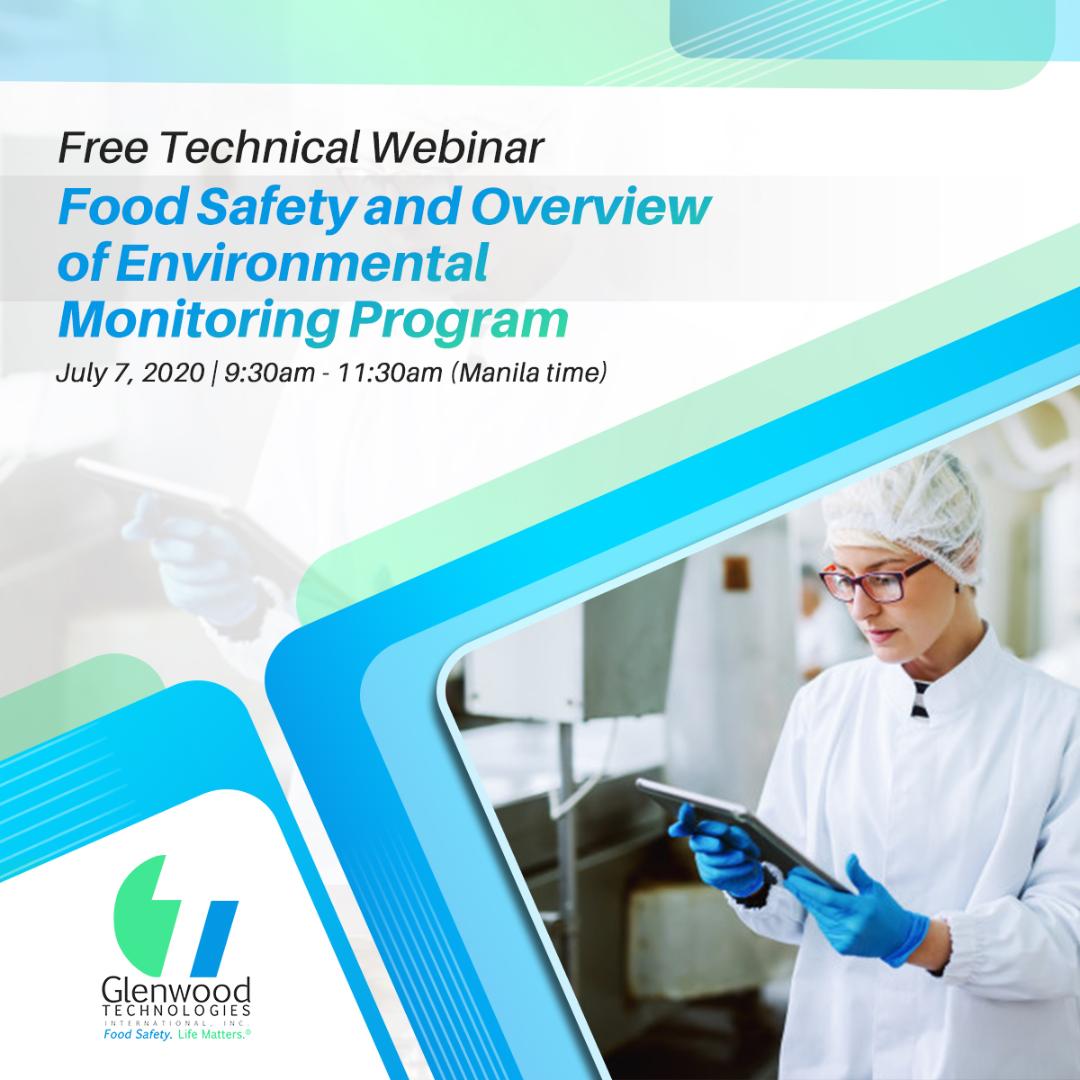
Measure the overall effectiveness of your sanitary design, personnel practices, and operational methods by designing and implementing an Environmental Monitoring Program (EMP) in your facility. Want to learn how? Join us on this special technical webinar on Food Safety and Overview of EMP. Be informed on how EMP acts as an early warning system against microbiological hazards.
June 27, 2020
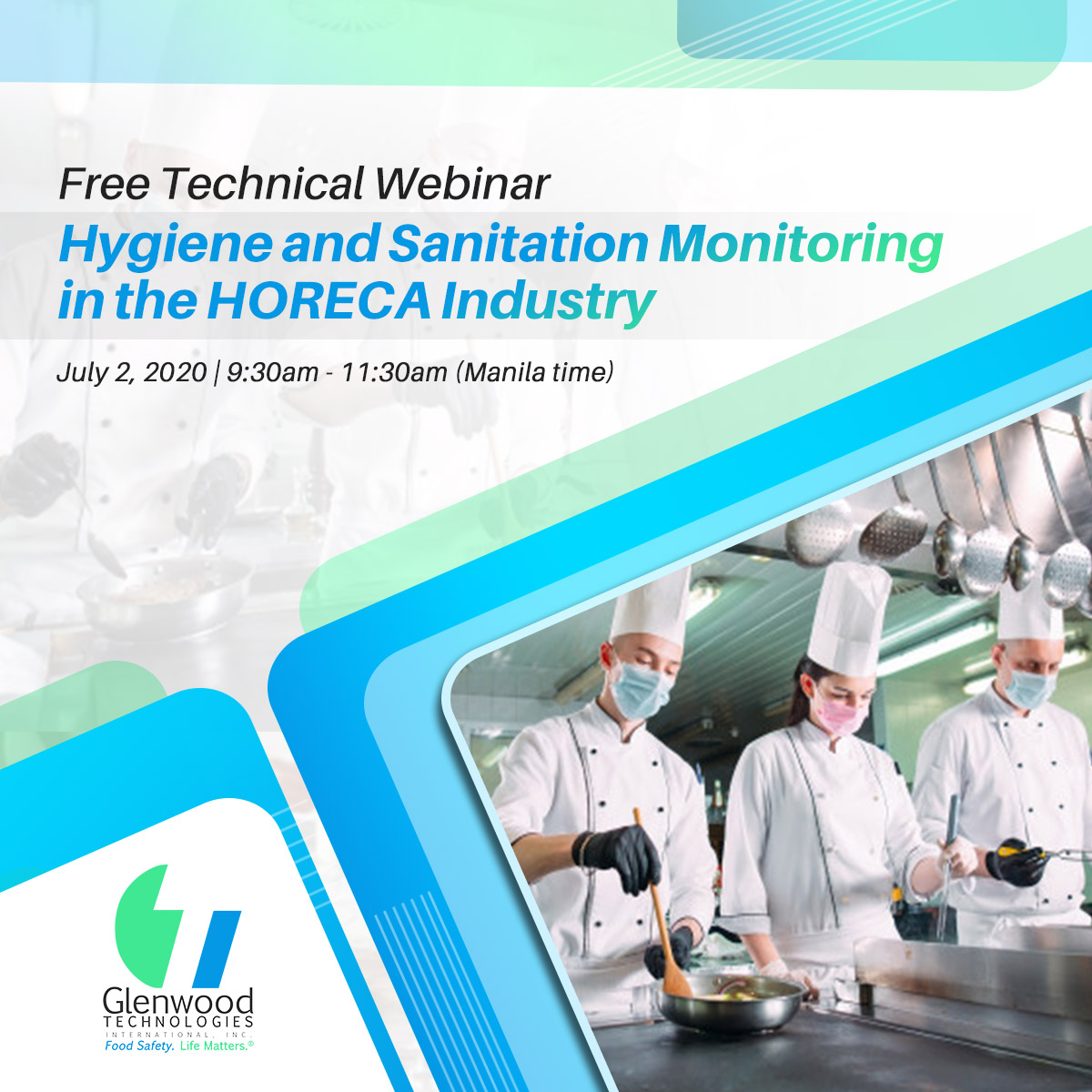
Be updated on the latest trends and updates on food safety! Broaden your knowledge and expertise by learning from the country's best food safety experts. Join us on this special technical webinar series on food safety and hygiene and sanitation! Don't get left behind! Click this link to register to reserve your slot.
June 27, 2020

Be updated on the latest trends and updates on food safety! Broaden your knowledge and expertise by learning from the country's best food safety experts. Join us on this special technical webinar series on food safety and hygiene and sanitation! Don't get left behind! Click this link to register to reserve your slot.
June 23, 2020

Philippine Food Safety Ambassadors Facebook Group will serve as a discussion platform on the trends and updates on food safety in the Philippines. Our members are encouraged to engage, help, and learn from each other on how to properly implement an effective food safety management system, and raise food safety awareness to help ensure that food served to every Filipino is safe for consumption.
June 19, 2020
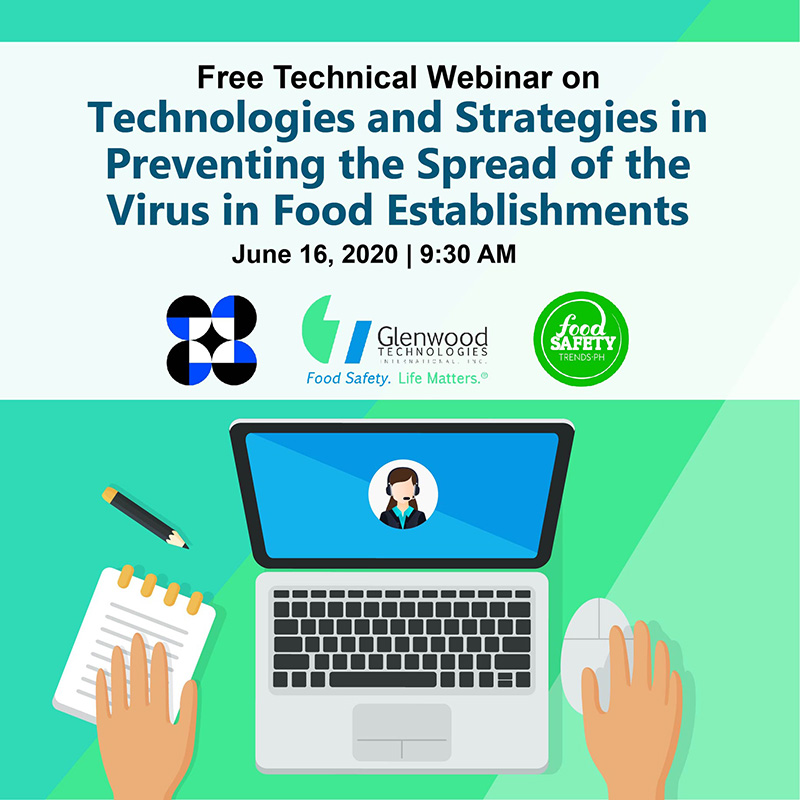
Glenwood Technologies International, Inc., in partnership with the Department of Science and Technology Region IV-A invites you to the Free Technical Webinar on Technologies and Strategies in Preventing the Spread of the Virus in Food Establishments. Be online on June 16, 2020 to be updated on the ff: Topic: Technologies and Strategies in Preventing the Spread of the Virus in Food Establishments
June 17, 2020
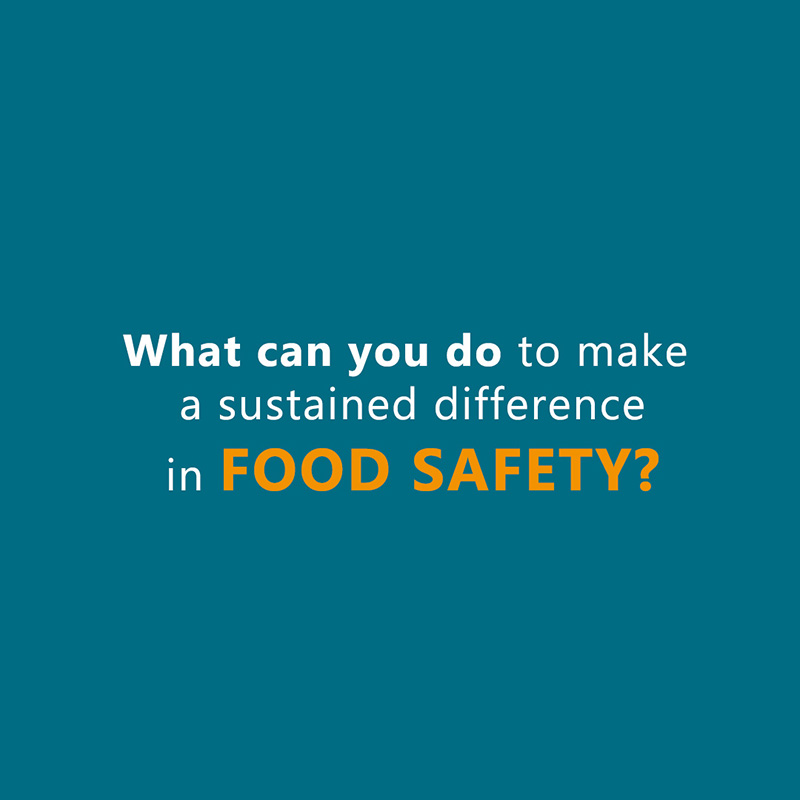
Food safety is everyone’s responsibility. With globalization, food is processed in greater volumes and distributed over greater distances than ever before. Widespread collaboration and contributions of all players in the food supply chain, as well as good governance and regulations, are essential to ensure food safety.
June 17, 2020
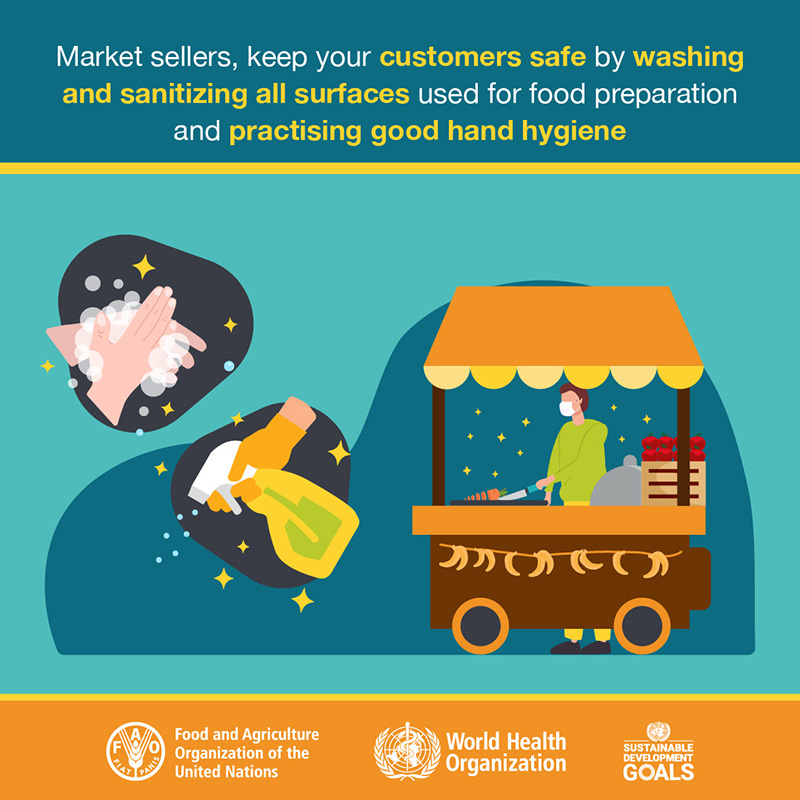
Food safety first!
Here are some food safety tips from the World Health Organization and the Food and Agriculture Organization of the United Nations when buying food in markets.
June 17, 2020

The global war against the invisible enemy has changed the landscape of the food industry from supply chain, processing, storage, delivery, and consumption of goods. Producing essential goods, food companies must continue to move forward in its commitment to provide safe and quality food products to the consumers amidst this pandemic. Mitigating food safety risks while preventing the spread of the virus has become a great challenge to the industry.
Calling all food safety professionals!
May 21, 2020
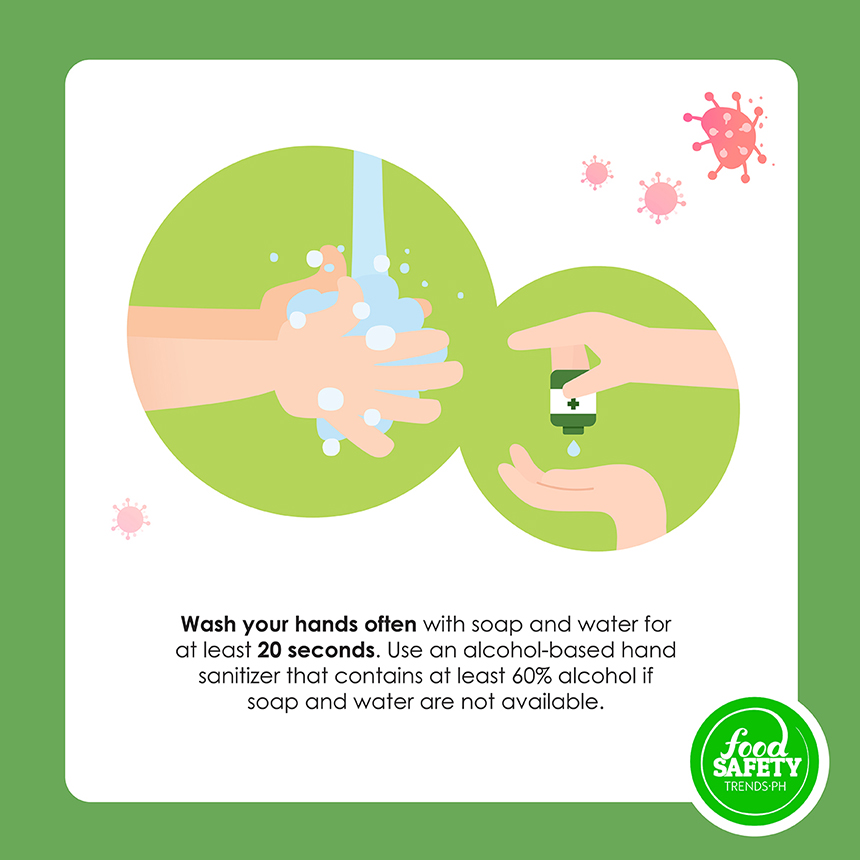
First things first: Wash your hands properly!
The Philippine Department of Health (DOH) and other renowned institutions such as the World Health Organization (WHO) and Centers for Disease and Control Prevention (CDC) are continuously reminding the public to follow preventive actions to prevent the spread of coronavirus. One of the simplest and most effective ways is by PROPER and REGULAR HANDWASHING.
Be informed! Stay protected! Together, let’s fight this deadly virus.
May 21, 2020
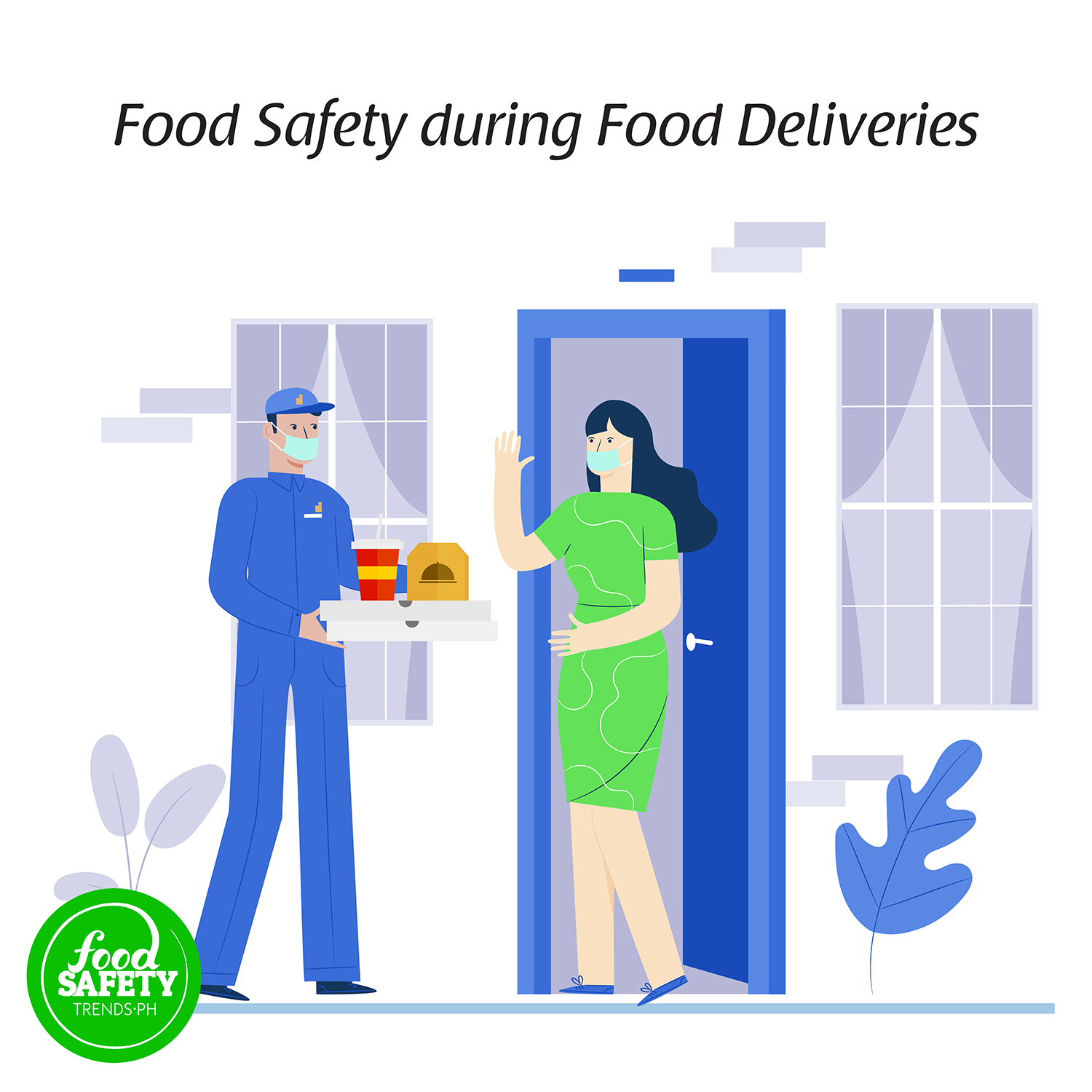
Due to the on-going coronavirus pandemic, people have been extremely cautious with regard to their activities. Many opt to have groceries and take-out food delivered to their homes for the sake of convenience and personal safety, as opposed to going out and risking contraction of the dreaded COVID-19.
May 14, 2020

The Philippine Department of Health (DOH) and other renowned institutions such as the World Health Organization (WHO) and US Centers for Disease Control and Prevention (CDC) are continuously reminding the public to follow preventive actions to prevent the spread of coronavirus (COVID-19). Among these, the most effective way is to do proper and regular handwashing since 80% of communicable diseases are transferred by touch.
April 7, 2020
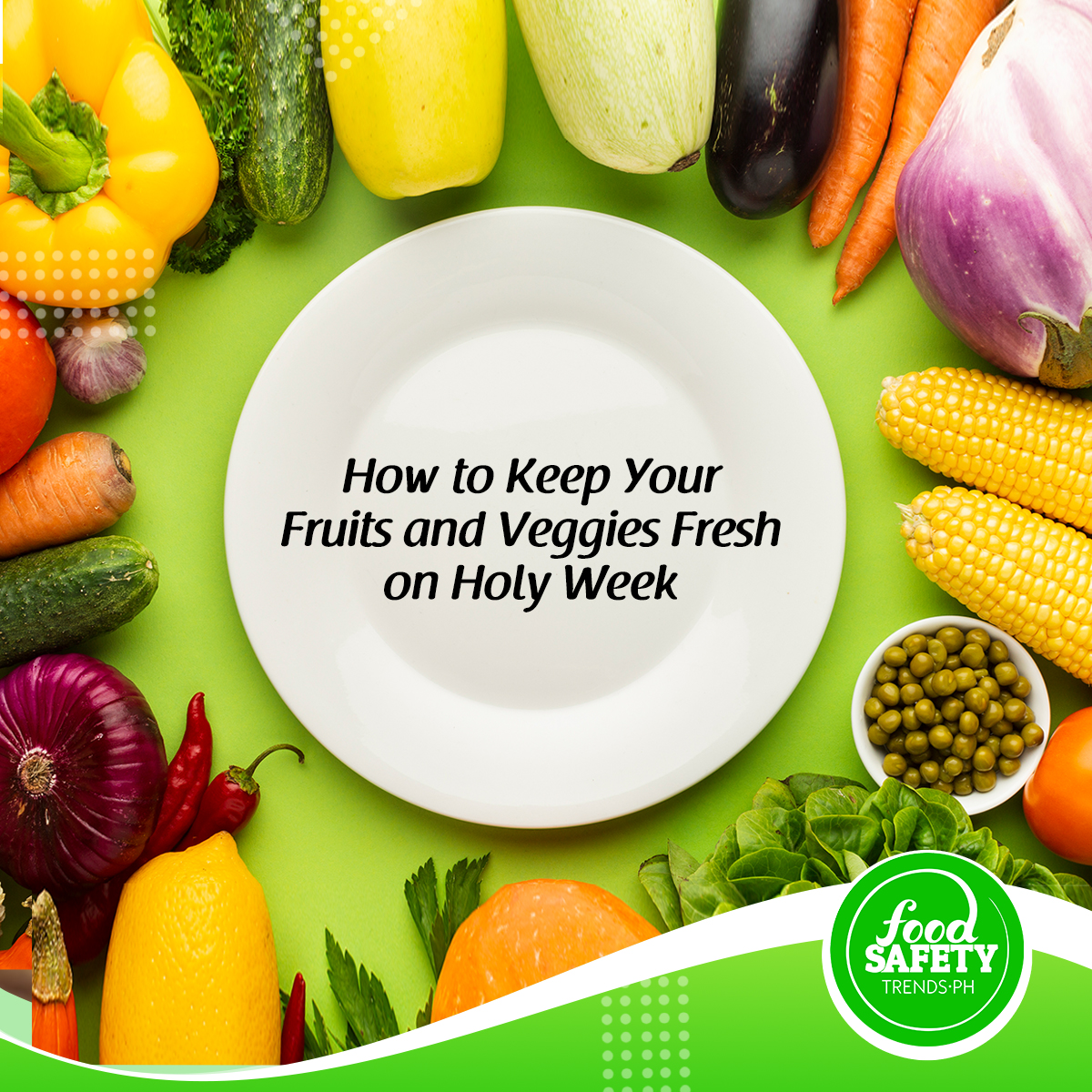
Holy Week is a week-long commemoration of the life, death, and resurrection of Jesus Christ in the Christian faith. While some religious groups consume meat during the Holy Week, some opt to fast and have non-meat dishes, resorting to eating fish, vegetables, and fruits during this holiday. One of the things that we must consider in light of this commemoration amidst the Enhanced Community Quarantine in the country is the preservation of the fruits and vegetables.
March 31, 2020
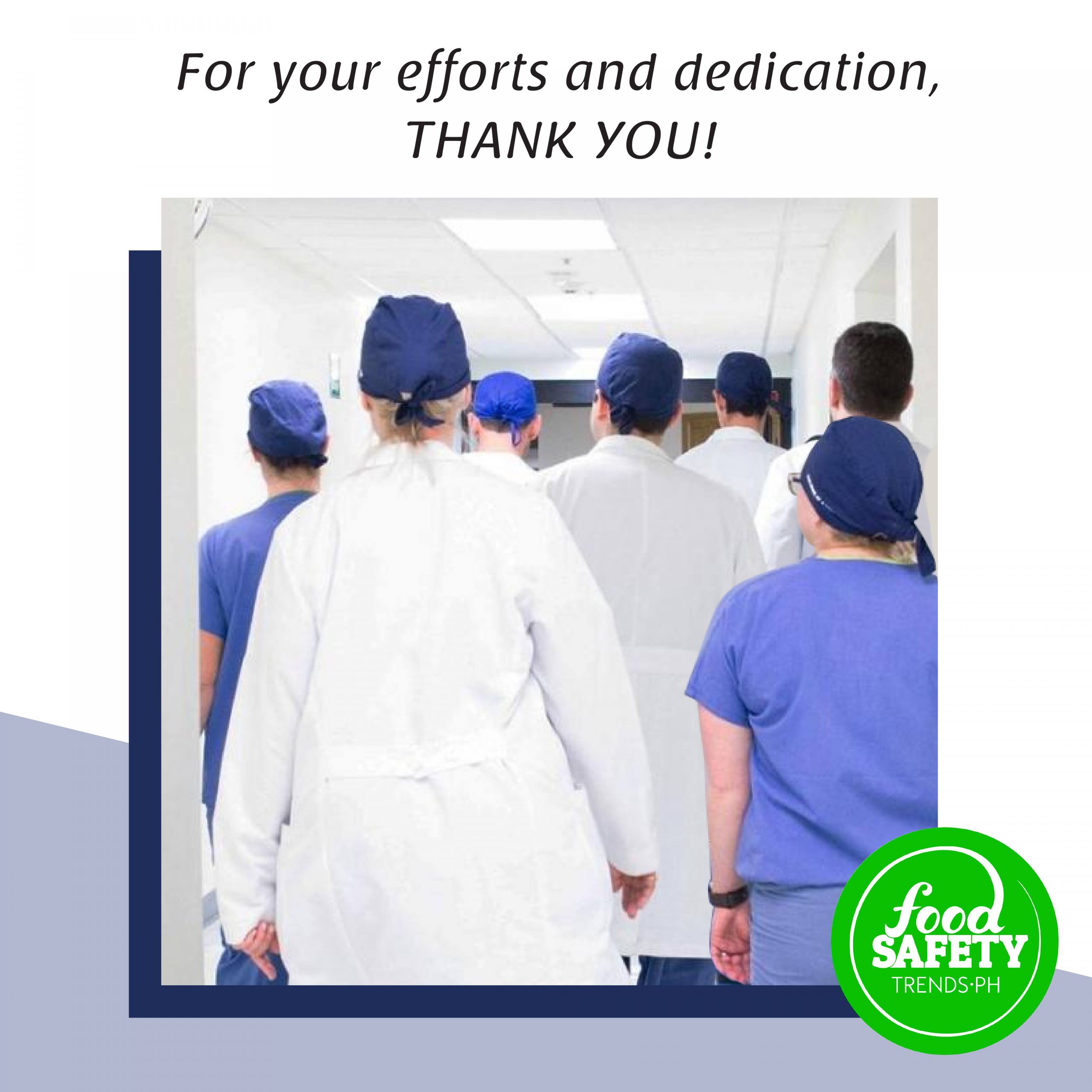
Food Safety Trends PH is one with the nation in thanking our frontliners who continue with the battle to fight COVID-19. Our deepest gratitude to our healthcare workers, the public and law enforcers, emergency responders, city and barangay employees, researchers and scientists, cashiers and supermarket attendants, janitorial team, and other frontliners who are tirelessly serving the community. Thank you for your enormous sacrifices. Your hard work and dedication are very much appreciated.
March 31, 2020

As COVID-19 cases around the world continue to increase, millions of lives become more at risk. We owe it to all healthcare workers and front-liners who are currently helping in the COVID-19 situation to safeguard ourselves by staying in our respective homes and, more importantly, by observing proper and frequent handwashing.
March 22, 2020
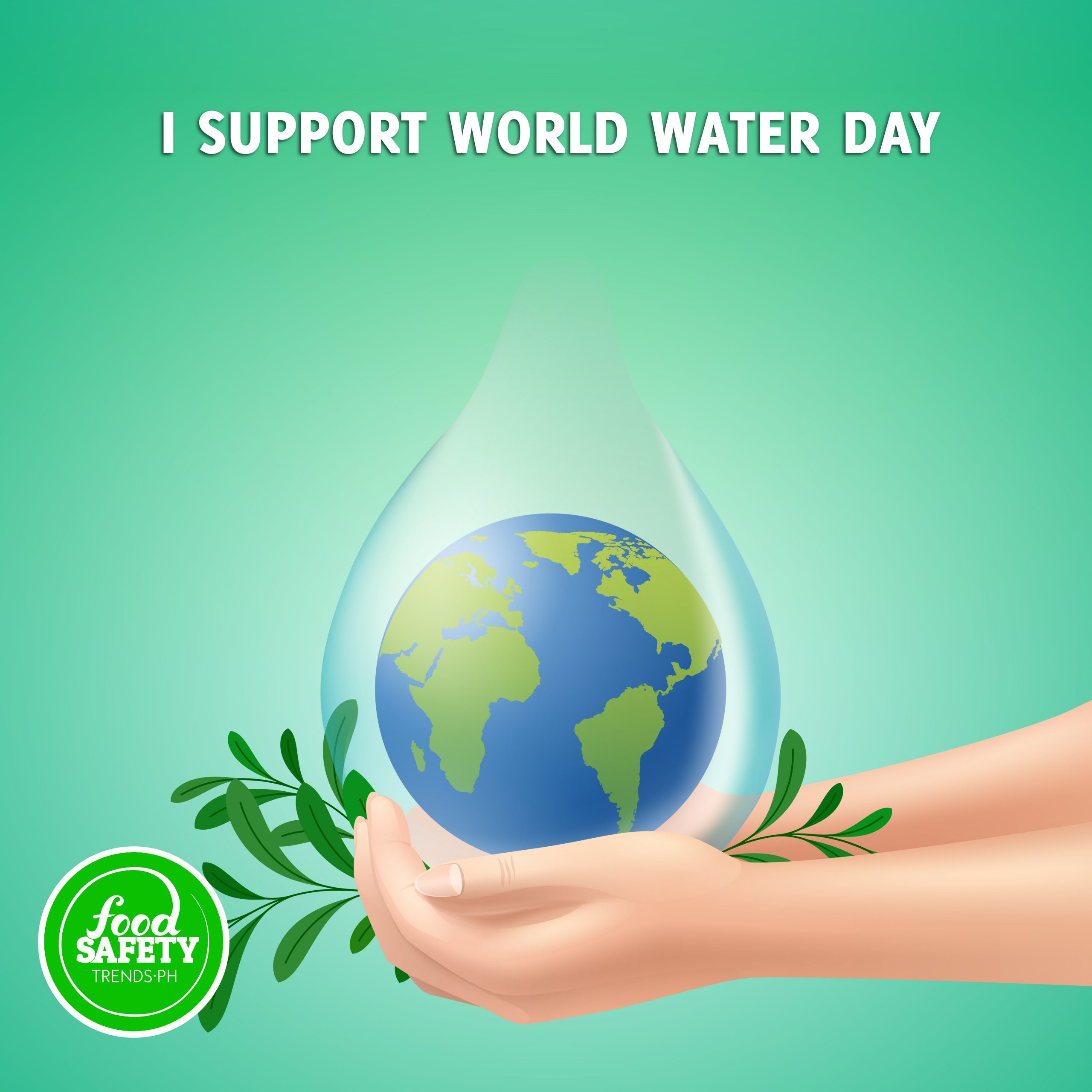
Water is one of the essential substances on earth—without it, it would be impossible for all living things to survive. Today, let us all celebrate the importance of water as we commemorate the World Water Day. Initiated by the United Nations (UN), World Water Day is celebrated annually, every 22nd of March.
March 12, 2020
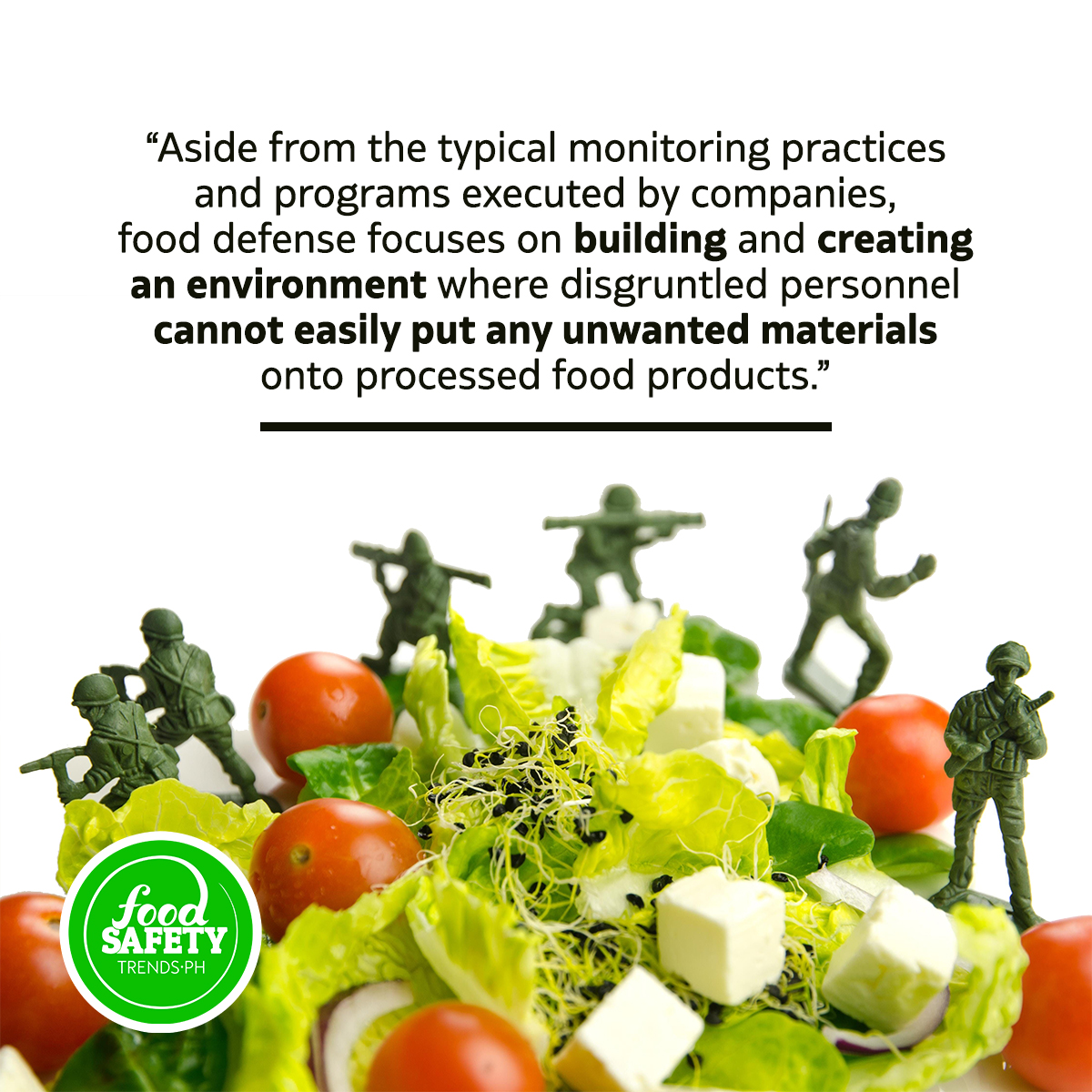
Based on the definition from the Global Food Safety Initiative (GFSI), Food Defense is the process of ensuring the security of food and drinks from all forms of intentional malicious attacks including ideologically-motivated attacks leading to contamination. Aside from the typical monitoring practices and programs executed by companies, food defense focuses on building and creating an environment where disgruntled personnel cannot easily put any unwanted materials onto processed food products. Thus, ensuring the safety of the food.
February 27, 2020
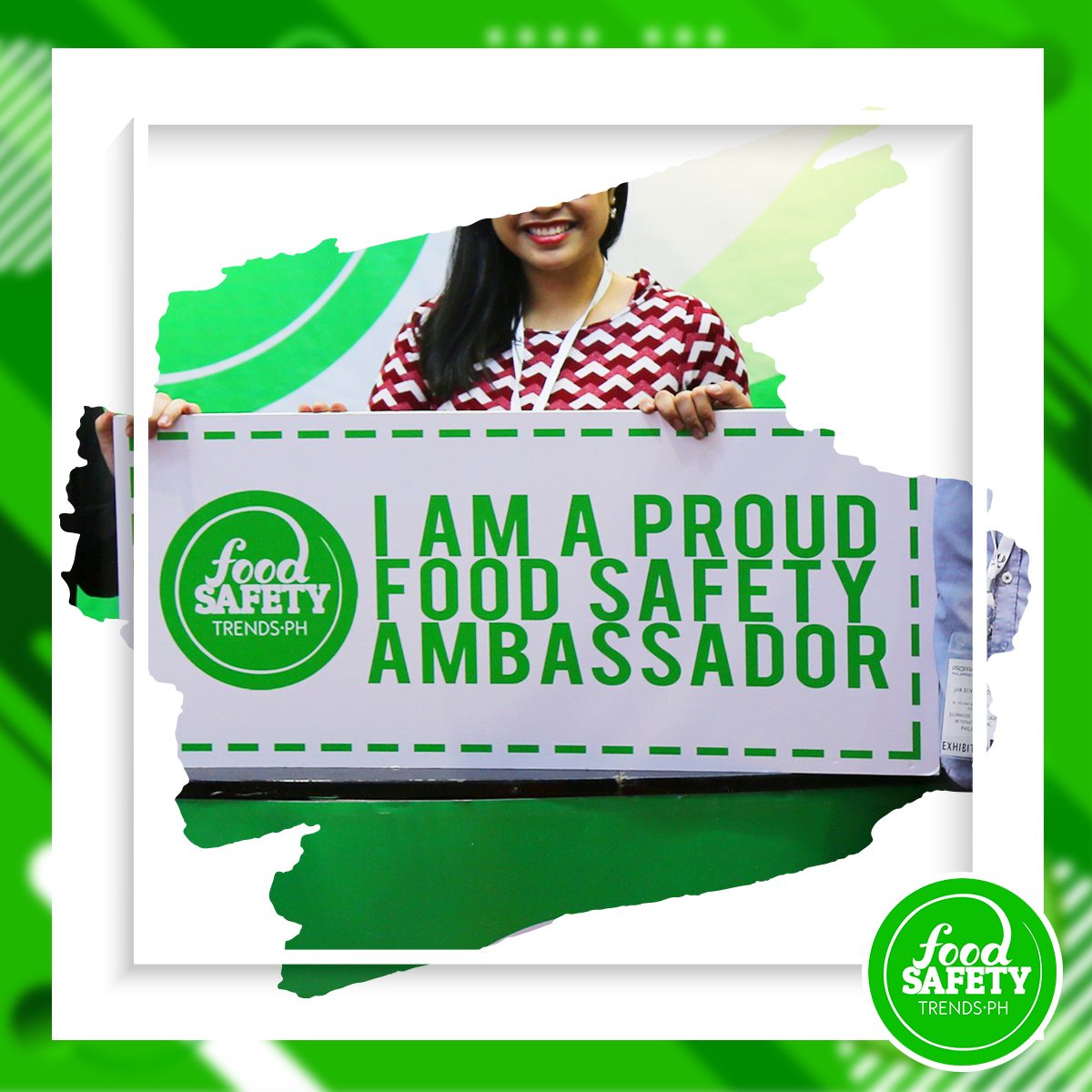
Assemble your fellow food safety ambassadors and together, win set of copies of the Food Safety Trends PH magazine, sodexo gift certificates, and other exciting food safety freebies!
February 14, 2020
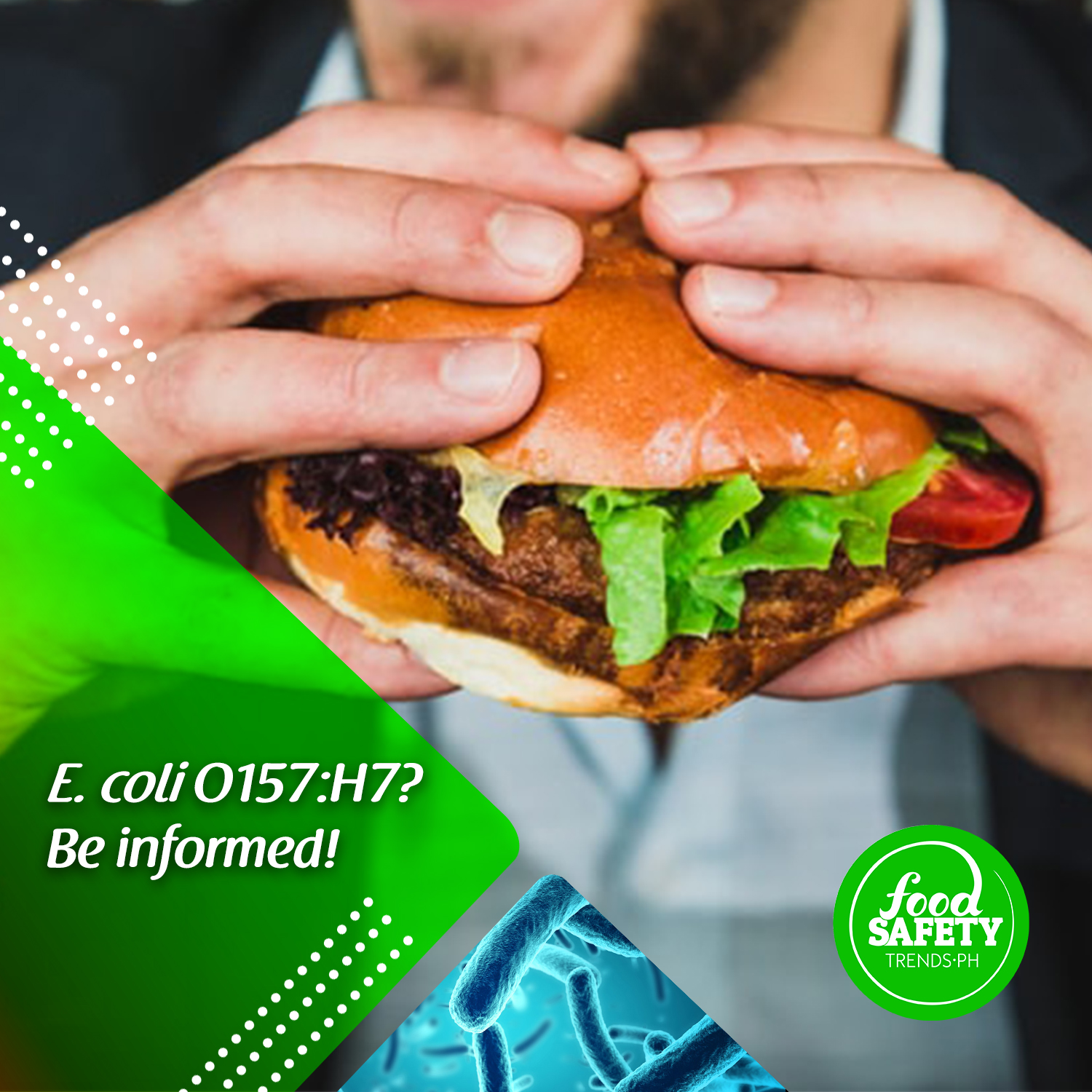
Escherichia coli (E. coli) is a species of Gram-negative bacteria that can be found in the environment, food, and intestines of people and animals—it is specifically considered as the indicator of faecal contamination. This bacterium, particularly its pathogenic strains, remains to be one of the most common causes of foodborne illnesses.
January 24, 2020
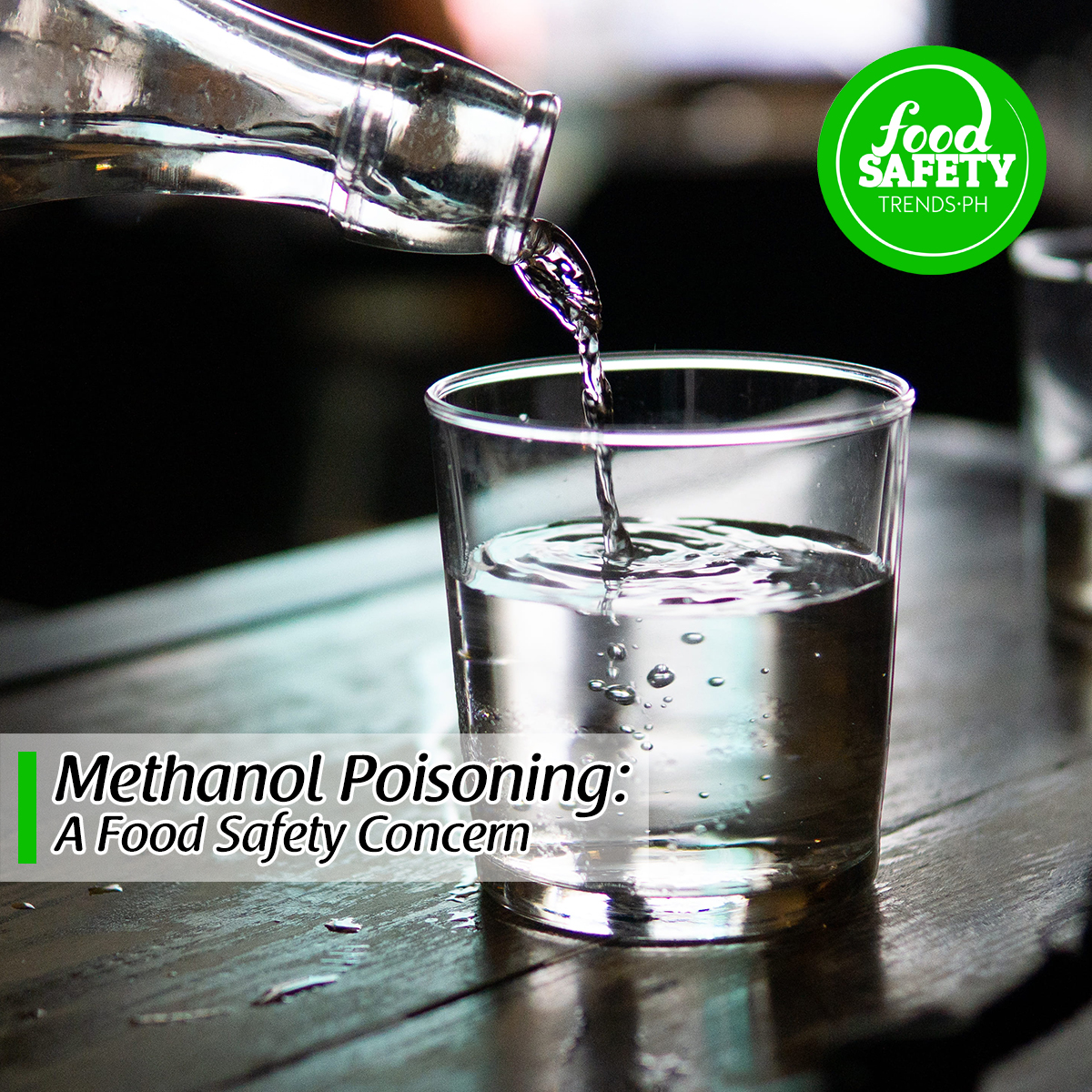
The Laguna and Quezon provinces had seen an outbreak of methanol poisoning on Christmas celebration last year. At least 14 people have died and nearly 500 people were hospitalized after drinking lambanog (traditional Filipino distilled coconut wine) with high methanol content. The Philippine Food and Drug Administration (FDA) confirmed this and urged the public to be wary on purchasing and consuming lambanog and other alcoholic beverages. These products should have proper labels and be registered with the FDA.
June 26, 2018
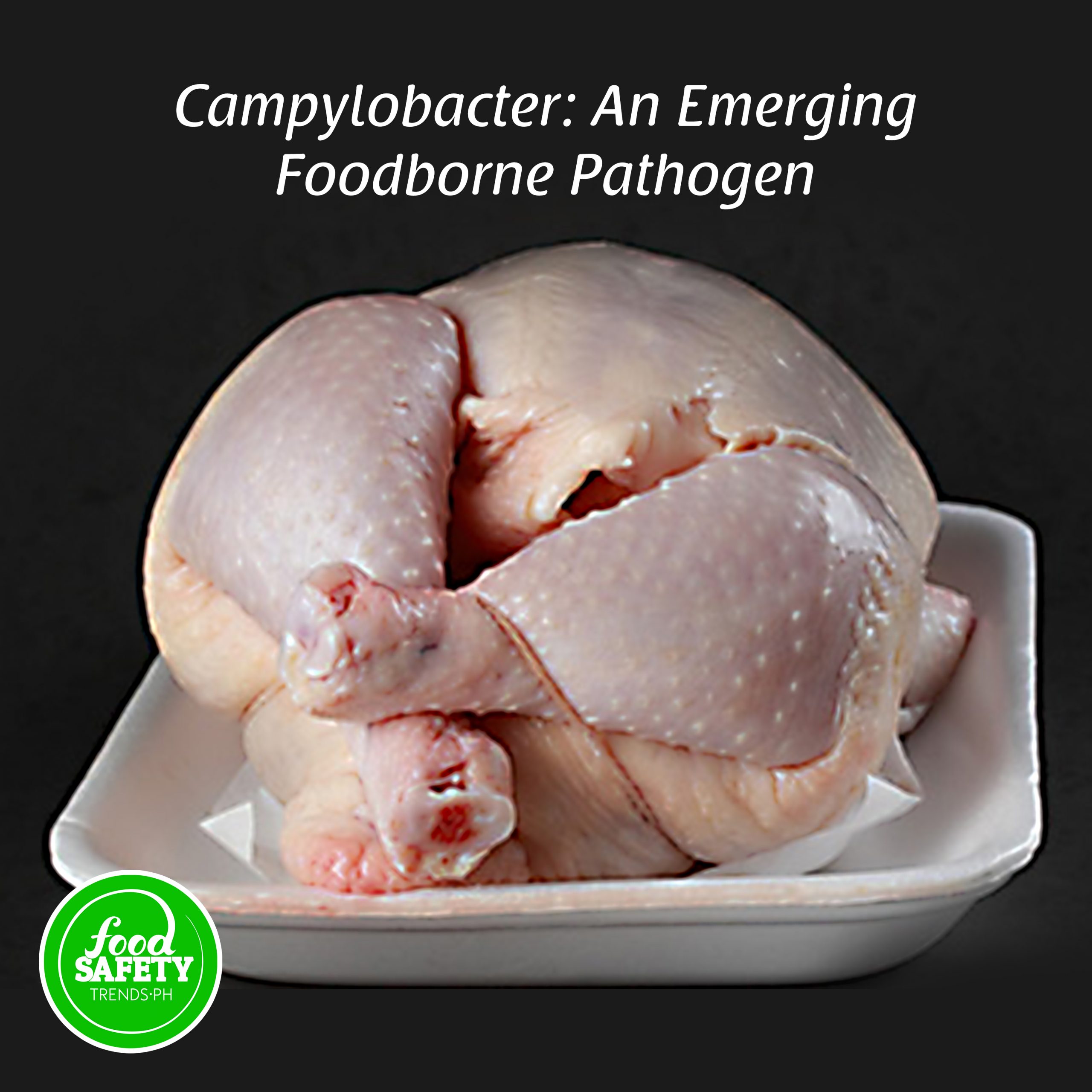
“In 2016, Campylobacter jejuni has finally taken the spotlight as the new food superbug. In a ground- breaking article published in US Food Safety Magazine, University of Leicester scientists Wanford, Ketley, and Bayliss in the UK confirmed that while Salmonella species are still responsible for a large number of outbreaks of foodborne illnesses, Campylobacter is now the most common bacteria associated with food poisoning and contamination in the European Union and in the United States.



